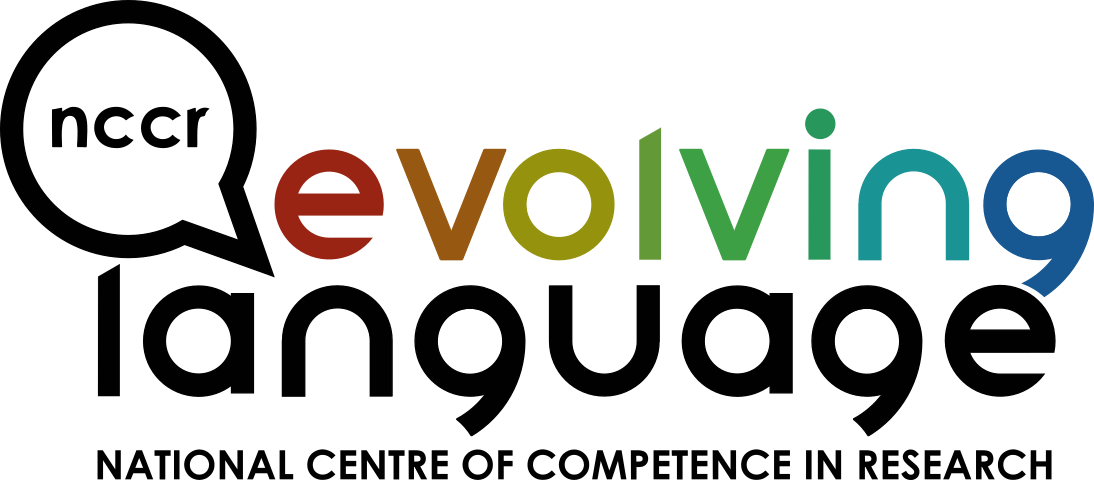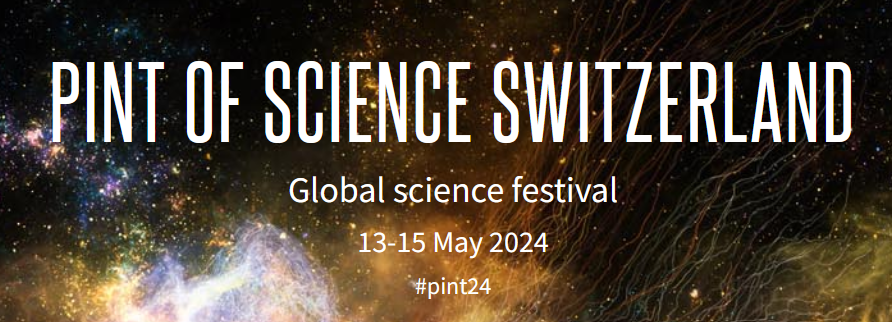
Pint of Science 2024 with the NCCR Evolving Language
Pint of Science 2024 will take place from May 13 to May 15! Researchers from the NCCR Evolving Language from all scientific disciplines are participating. Join them in bars all over Switzerland!

The secret of prehistoric mothers – an ARTE documentary with NCCR researcher Judith Burkart
What was motherhood like in prehistoric times? A documentary from ARTE, published on the 13th of April and with NCCR anthropologist Judith Burkart, dives into this fascinating subject.

A successful NCCR interdisciplinary workshop on the concept of meaning
The NCCR Evolving Language TTF Concepts organized a workshop on the 27th of March a workshop on “Finding Interdisciplinary Ground for Empirical Work on Meaning”. Around 50 NCCR researchers, from all fields of research and career levels participated in the event, in Neuchâtel.
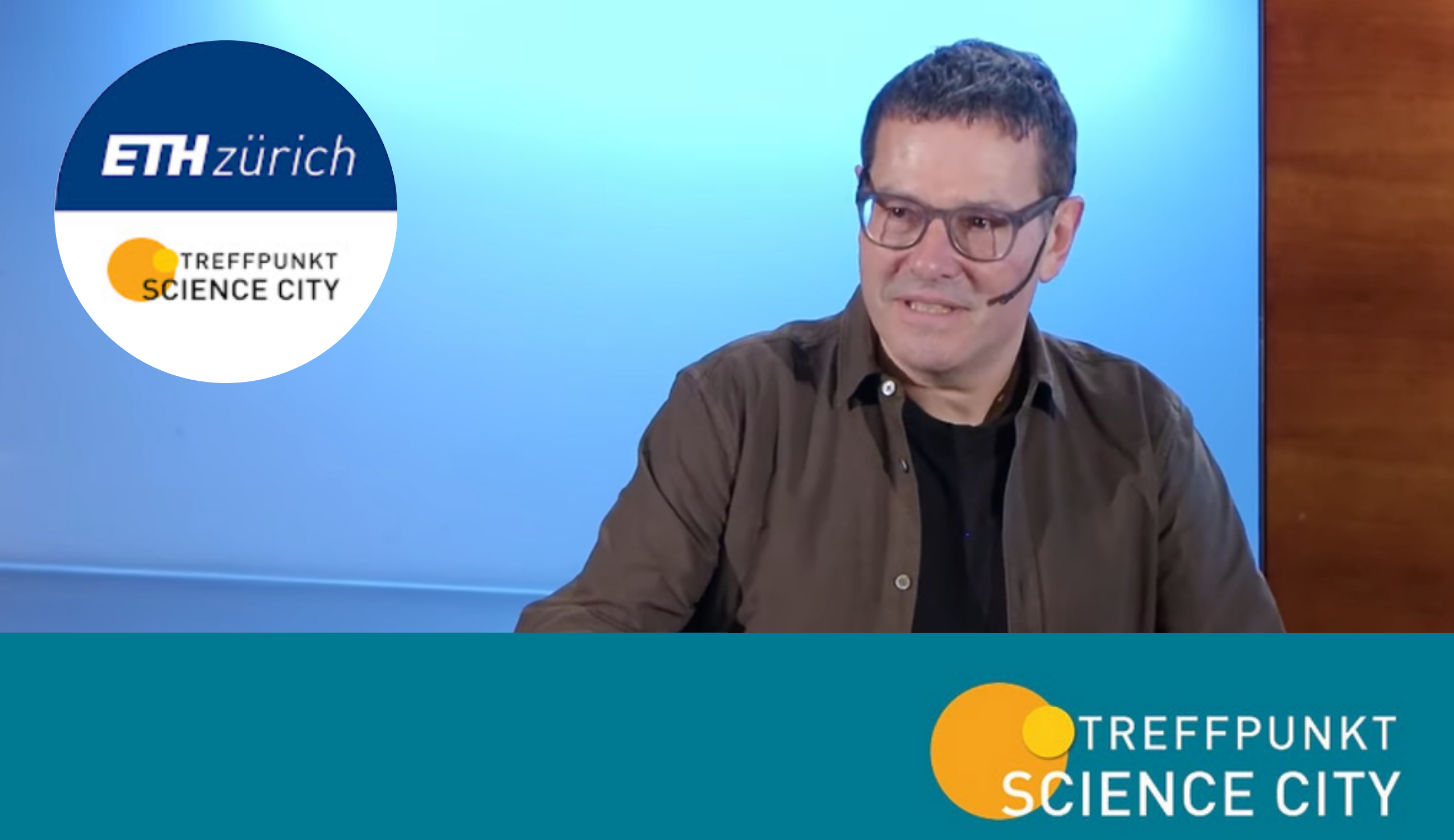
Prof. Balthasar Bickel talks about the family tree of languages at ETH Treffpunkt Science City
Balthasar Bickel spoke at the ETH’s outreach seminar series Treffpunkt Science City on 24 March 2024 on “The family tree of languages (Der Stammbaum der Sprachen)”.
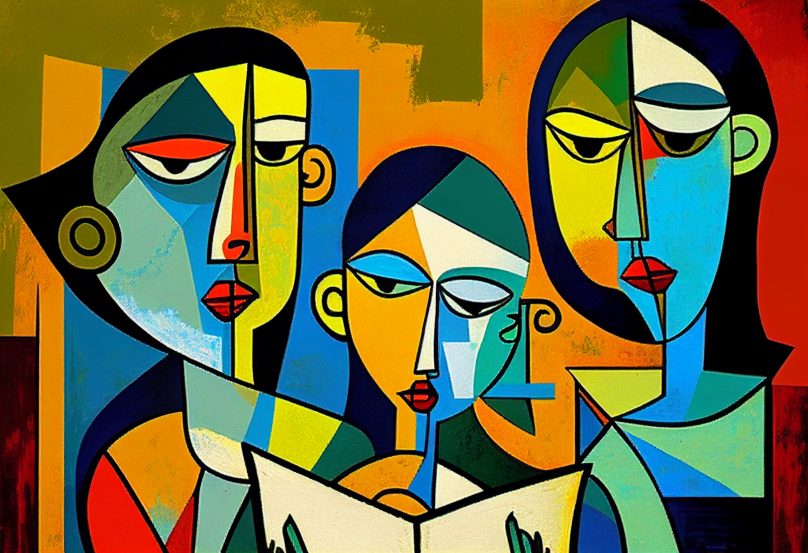
Celebrating International Mother Language Day
On International Mother Language Day, let’s remember that the NCCR Evolving Language works with the aim of preserving and promoting these endangered languages.

A Joint Workshop on Cross-cultural Psycholinguistics between UZH and Tribhuvan University, Nepal
A joint initiative for a one-day workshop between researchers from TU’s Central Department of Linguistics and UZH’s Department of Comparative Language Science took place on February 16th in Kirtipur, Nepal.

Classes on language evolution for seniors at the Uni3
In the spring semester of 2024, the Uni3 – Senior University of Geneva – offers classes on the evolution of language to its participants, in collaboration with the NCCR Evolving Language.
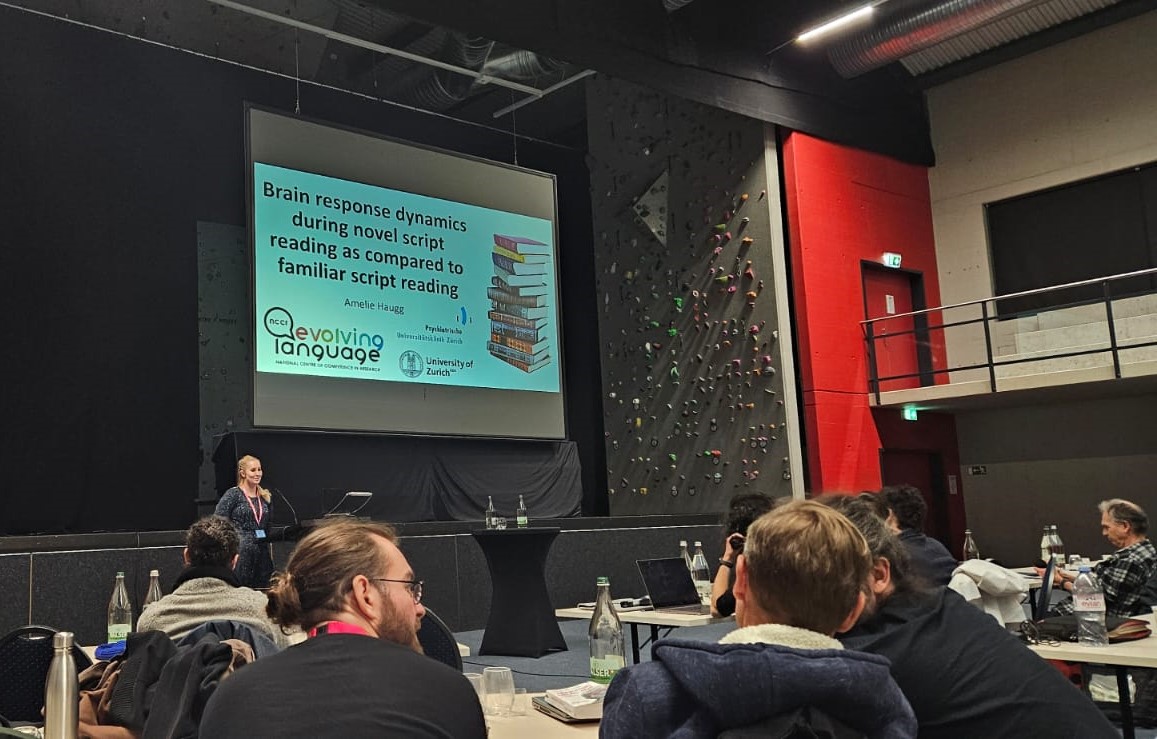
The NCCR Evolving Language at ABIM2024
From January 7th to 11th, the 2024 session of the Alpin Brain Imaging Meeting (ABIM) took place in the small, picturesque village of Champéry, Switzerland. This year’s edition had a full day devoted to the evolution and neurobiology of language, featuring talks from NCCR researchers.
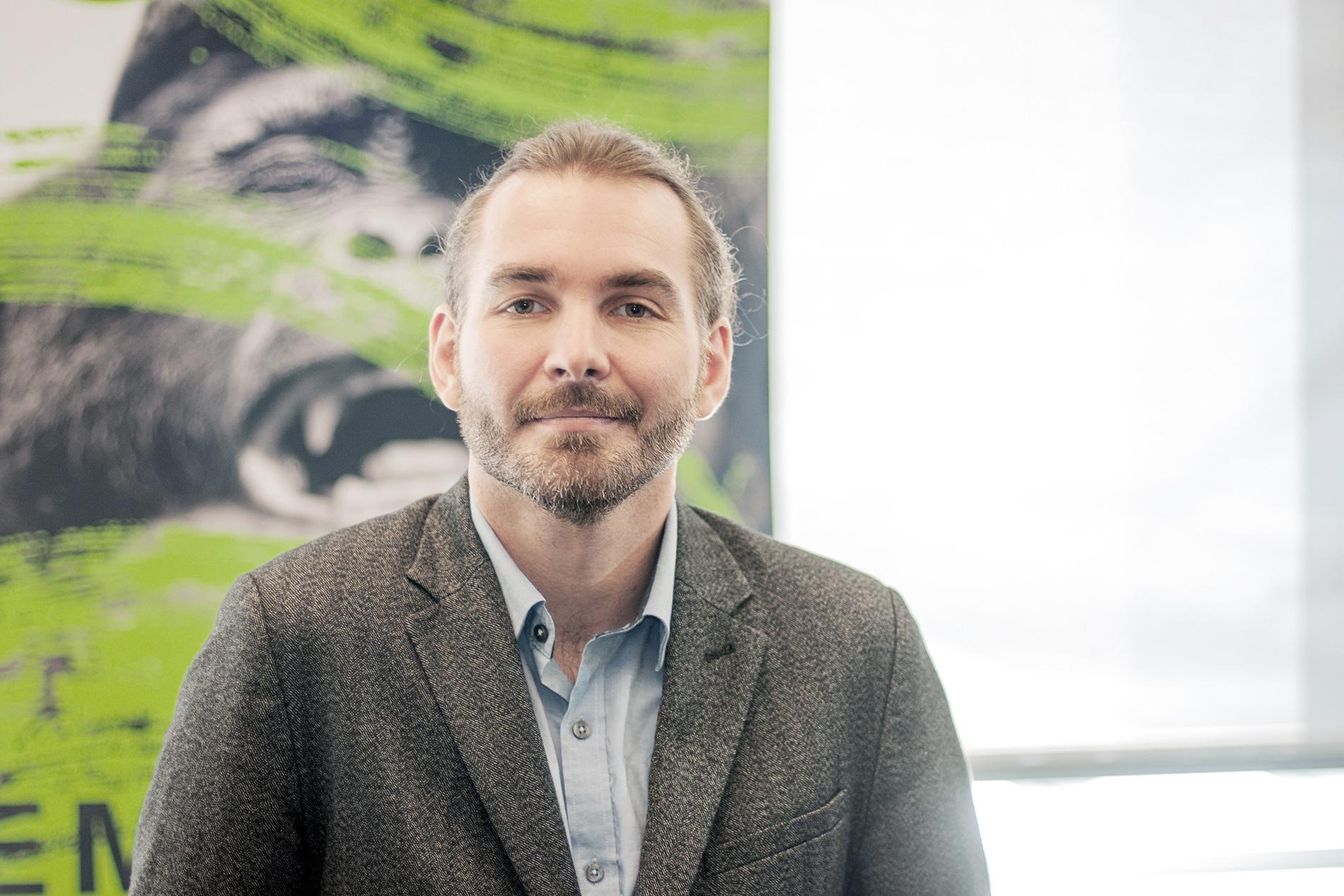
Observing apes to get a better understanding of humans
Biologist and comparative psychologist Thibaud Gruber specialises in ape behaviour. By observing apes in their natural environment, in Uganda, he aims to understand what makes humans special.
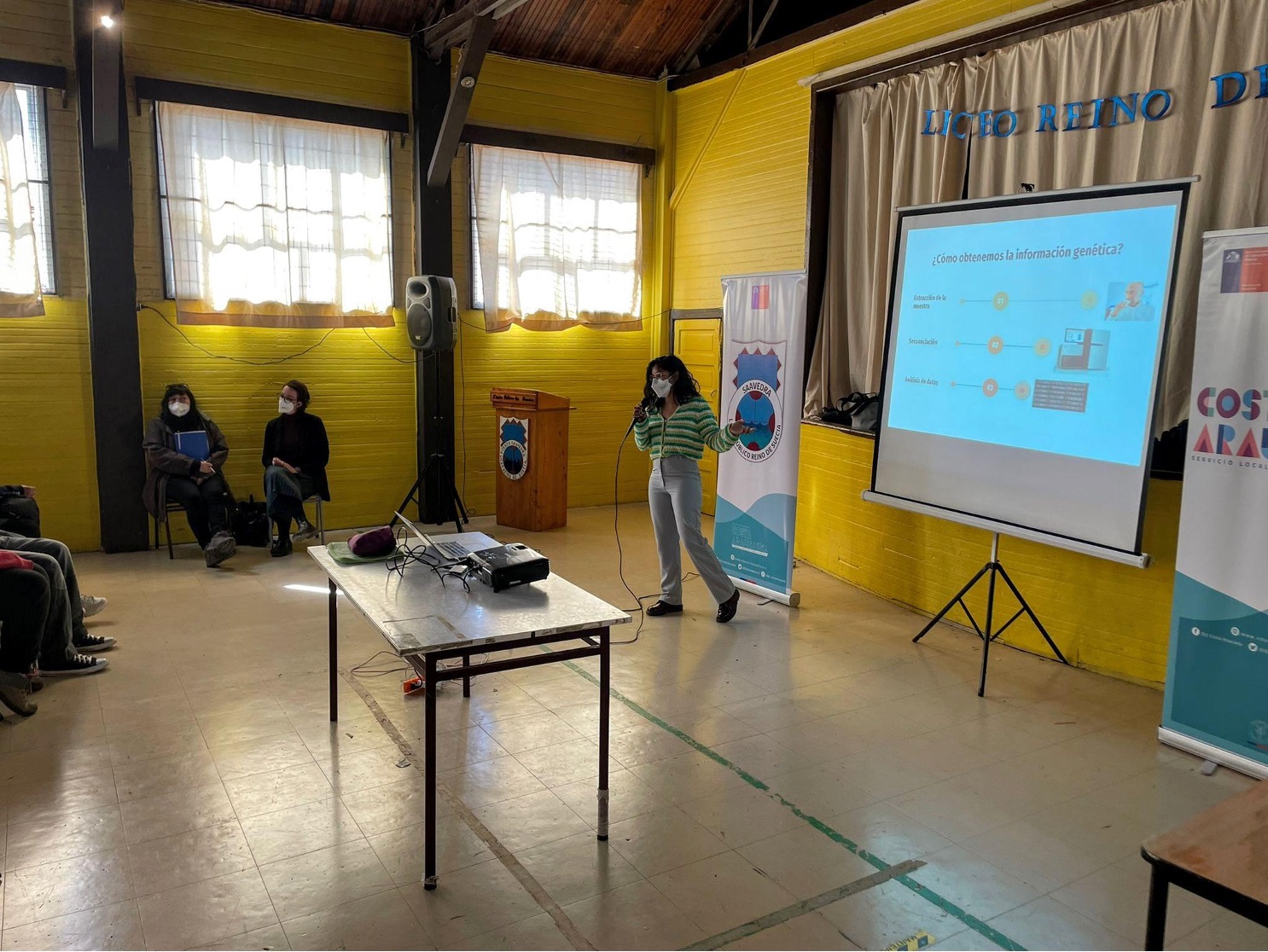
Setting an example for genetic research with indigenous populations
Can genetic research with indigenous populations be more ethically conducted? This is what Chiara Barbieri and her team believed when starting their work with the Mapuche community, one of the 10 recognized indigenous groups of Chile. In a recent paper, the group reported on this experience to share insights and promote transparent and inclusive science.

Image competitions from the NCCR and the SNSF are now open
Put your research in the spotlight! Both the NCCR Evolving Language and the SNSF are inviting researchers to submit their images to enter the competition! We look forward to seeing your work!
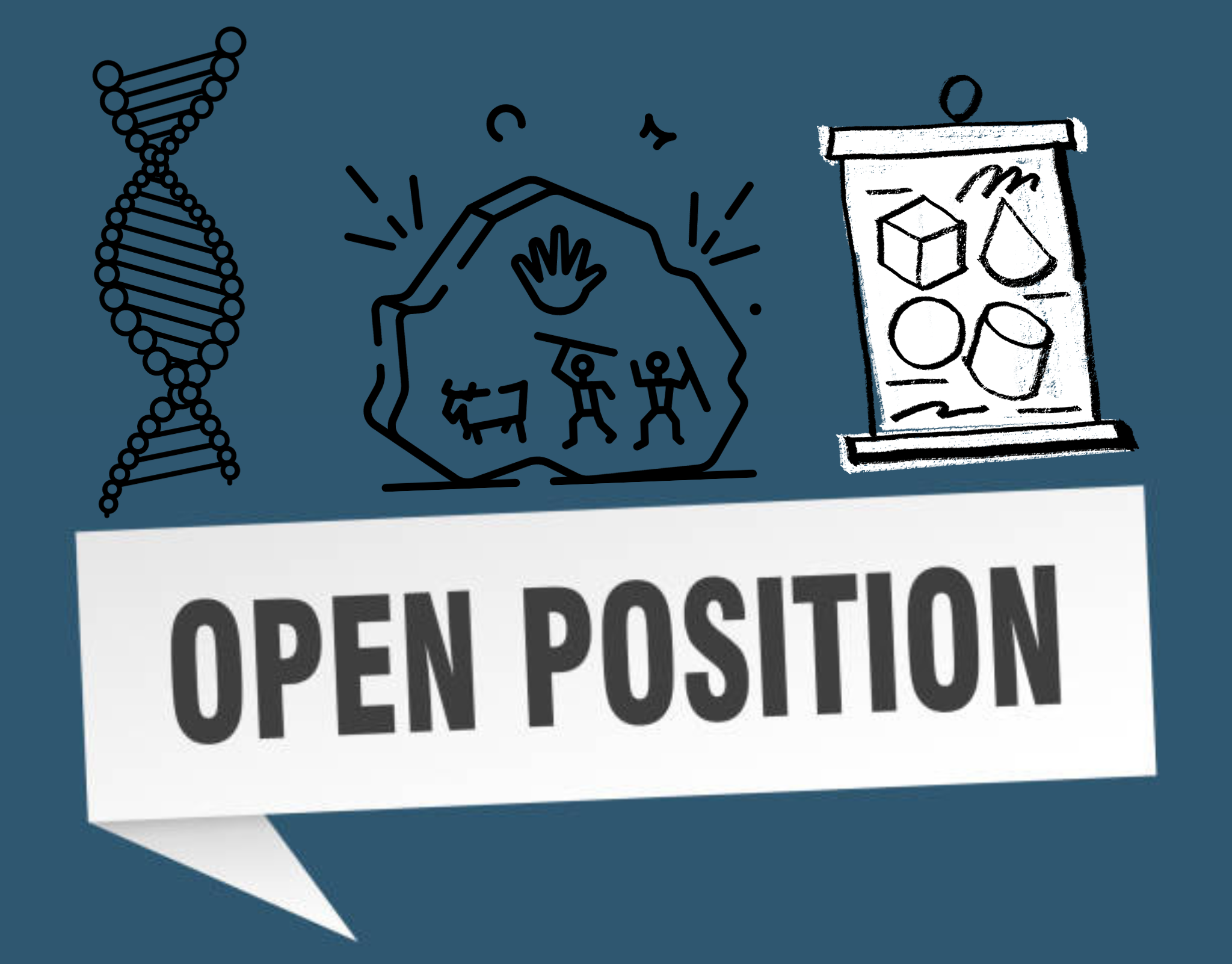
Open PI and Professor positions at the UZH
Three PI/professor positions are currently open for applications at the University of Zurich, in the fields of paleoanthropology, mathematical foundations of language and genetics of language.
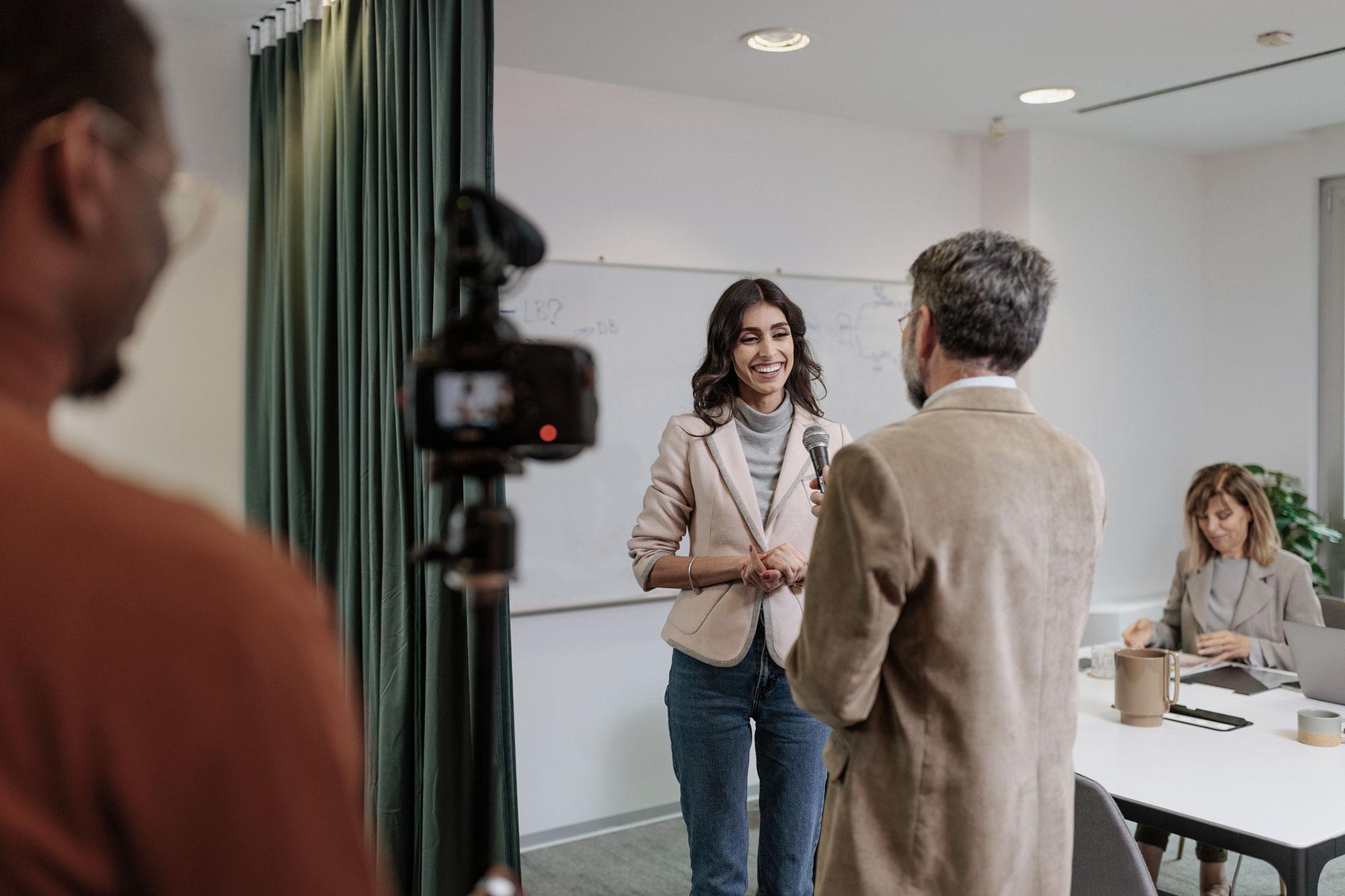
SNSF Media Training Courses for 2024
The SNSF is offering training courses in communication. The dates for the 2024 sessions are out! More information about the courses are available on the SNSF’s website.
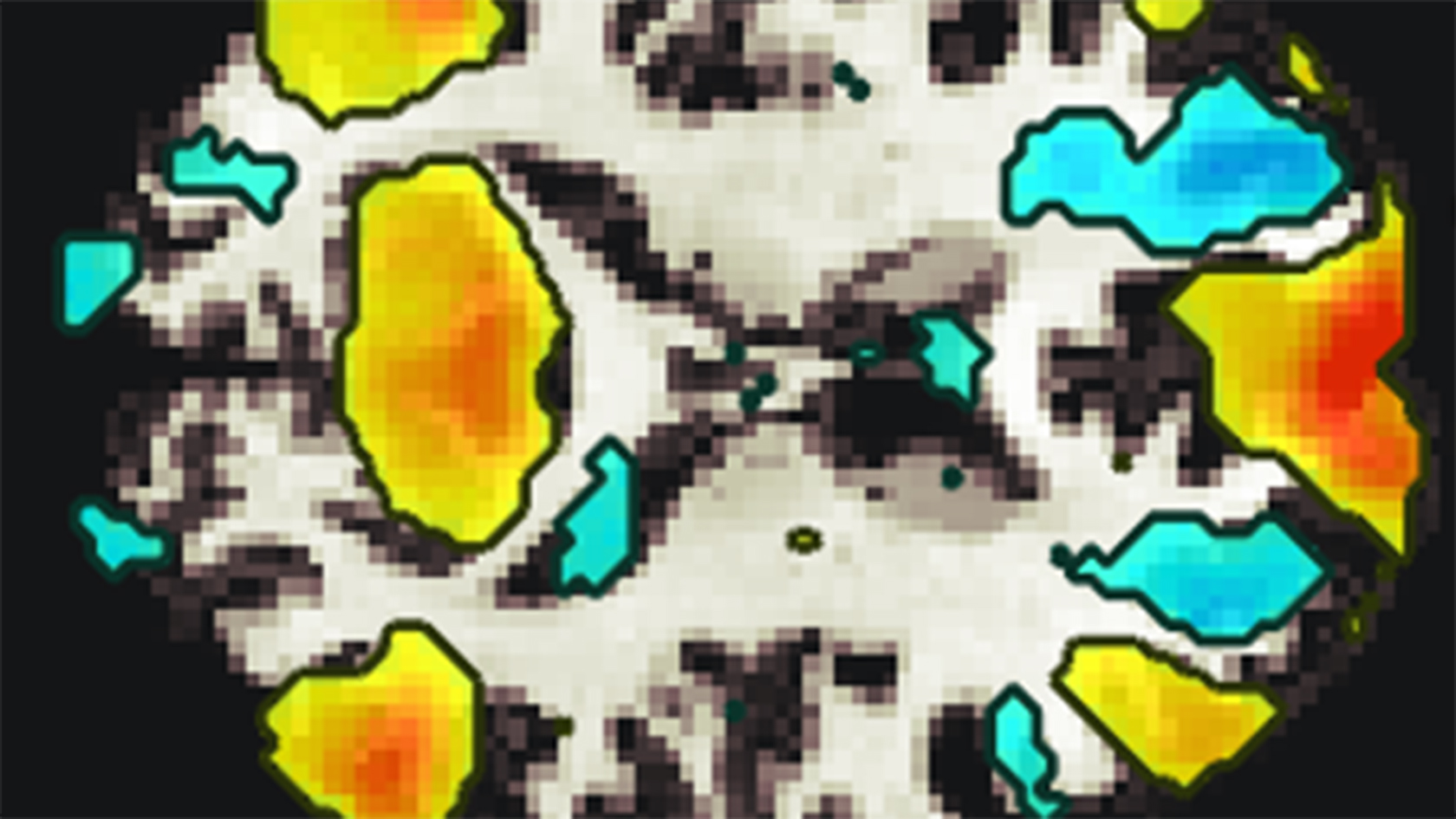
Three-Million-Euro Grant for a Joint Project on Language Disturbances in Psychotic Disorders
Our Associate Investigator, Philipp Homan of UZH and the University Hospital of Psychiatry Zurich, has been awarded 3 of the 10 mio euros by the European Research Council for a joint project on language disturbances in psychotic disorders.
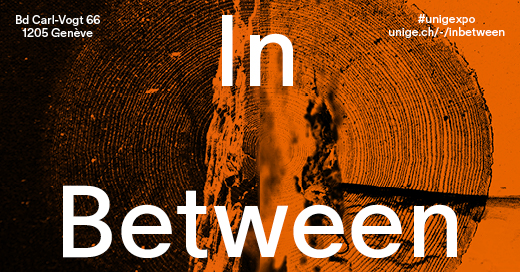
“In Between” – A creation by artist Julie Semoroz, in collaboration with the NCCR Evolving Language
The exhibition In Between by artist Julie Semoroz, along with various workshops and concerts, will run from November 9 to 26.
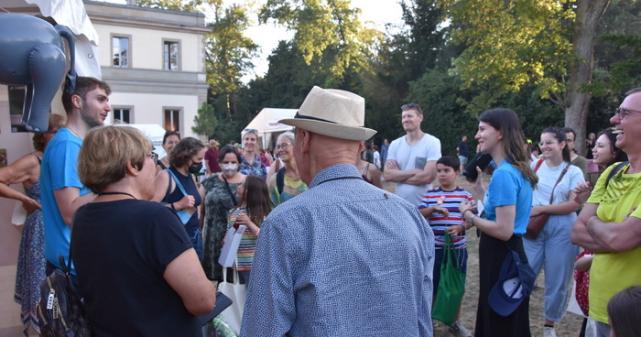
Un atelier-rencontre autour de la relation humain-animal par un chercheur du PRN – Week-end ParoleS au MEG
On Saturday, November 4 at 2.30 pm, in collaboration with the NCCR Evolving Language, a workshop-meeting to discover the fascinating world of animal communication is open to all at the Musée d’Ethnographie de Genève!
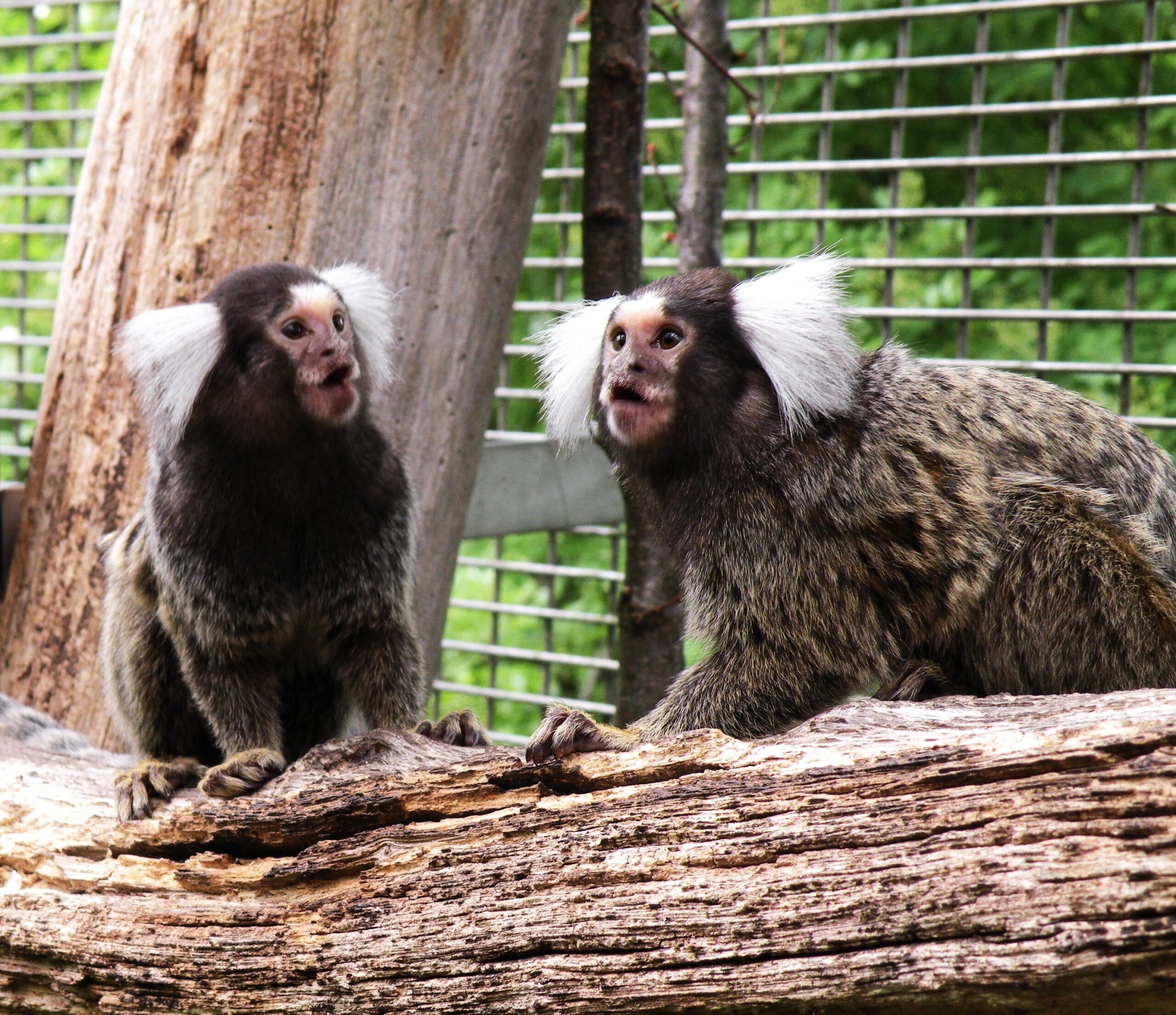
“Who is calling?” A novel algorithm to identify individual marmosets based on their call
Who’s calling? Marmosets are highly social and vocal monkeys, but analyzing these complex communication signals can be tricky. Fortunately, a team of NCCR researchers headed by Prof. Judith M. Burkart has found a solution to this.
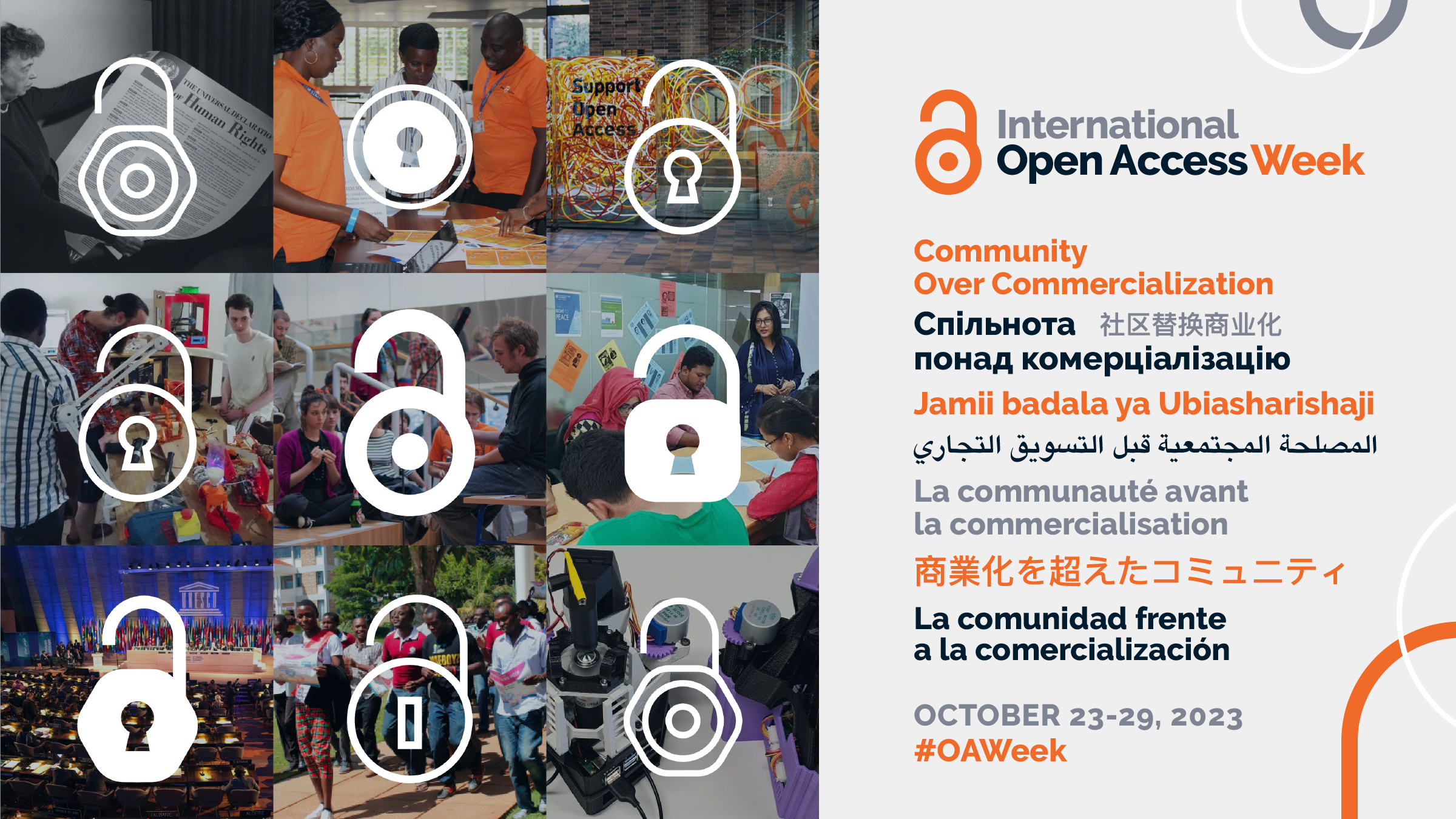
Participate in the International Open Access Week
The Universities of Geneva and Zürich have a couple of events planned for the International Open Access Week, from October 23 to October 29. Check out the programs!
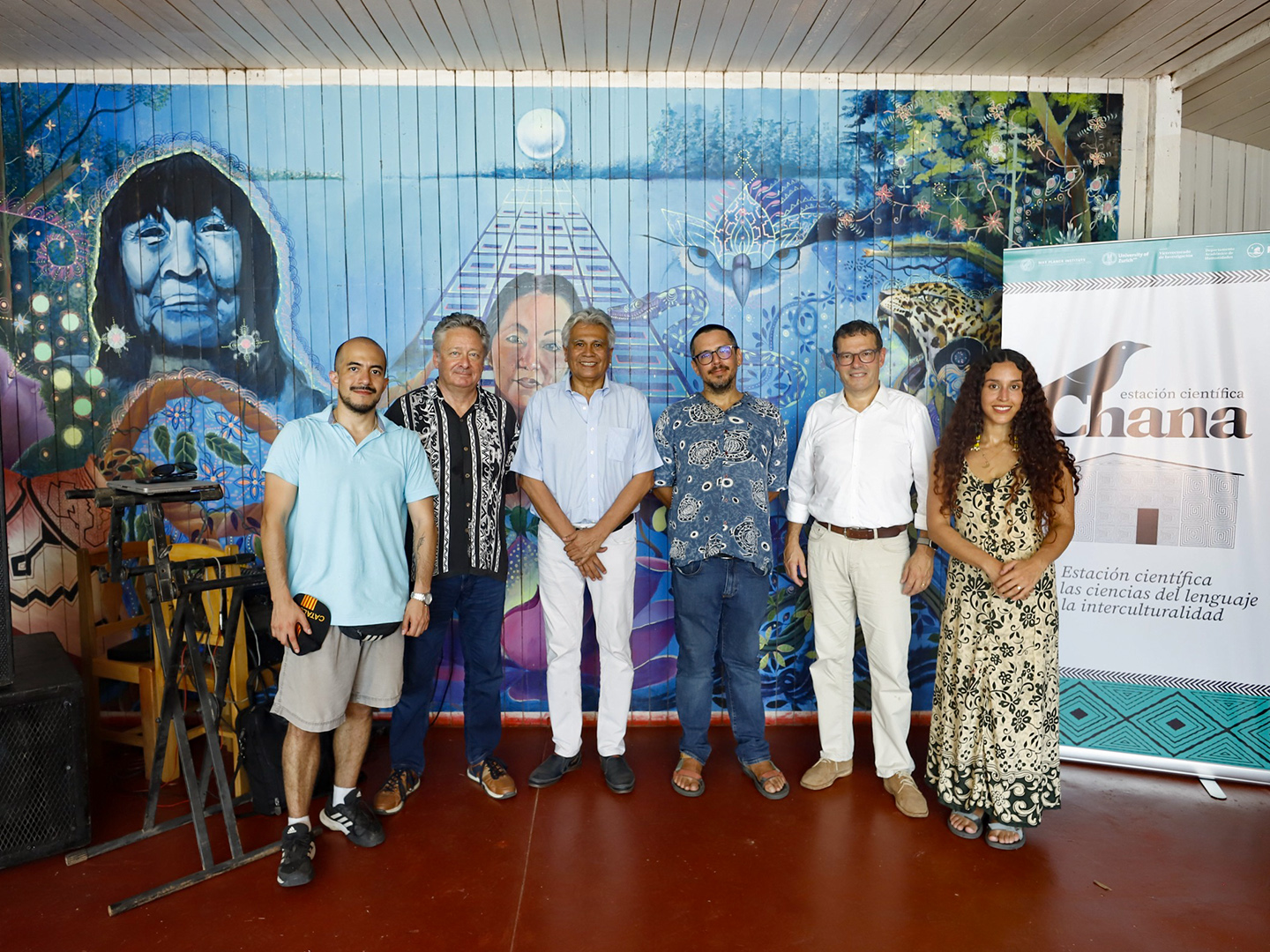
A new research station for Amazonian native languages in Peru
On the 5th of October, a new research station for the science of language and interculturality Chana was inaugurated in San José de Yarinacocha – Pucallpa, Peru. It will be a space for investigation and cultural encounters with the goal of protecting and strengthening Amazonian native languages.
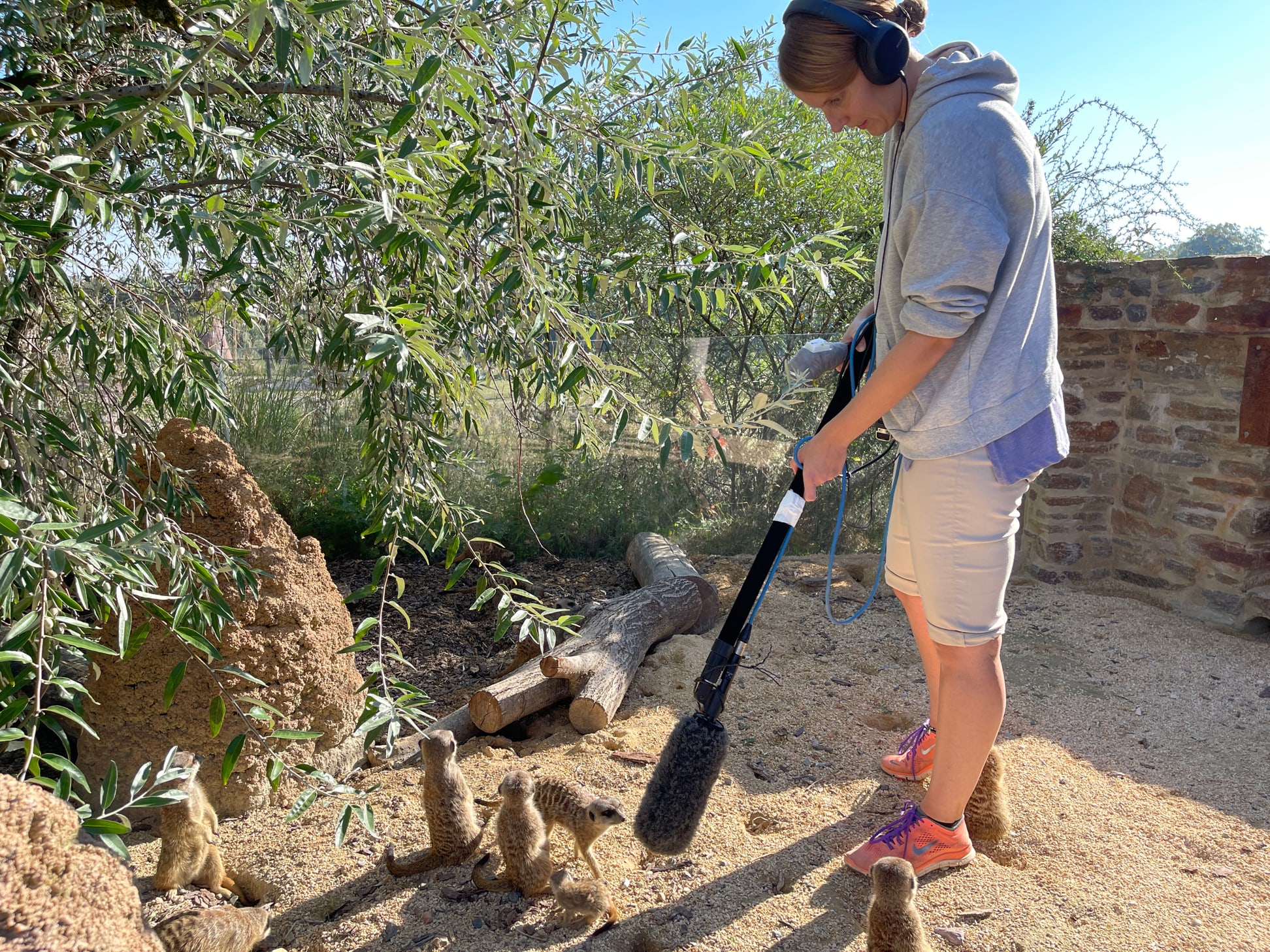
Understanding meerkats better
Two researchers from the NCCR Evolving Language visit the meerkats in the Lewa Savanna at Zurich Zoo. They record calls, play sounds, listen and look closely. Here you can find more information about the project – with three videos.
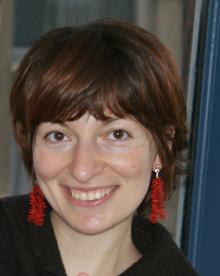
We welcome Prof. Nina Kazanina into our NCCR!
In October of 2023, Nina Kazanina will join the University of Geneva and the NCCR Evolving Language as a full professor in the Department of Basic Neurosciences. She studies how we can understand oral and written language in real-time, with little effort.

A series of lecture on the origin and the diversity of language – UZH-i Ringvorlesung “Das Erste Wort”
The UZH lecture series “The First Word” aims to make exciting research about the origin of human linguist competence accessible to a broad audience.
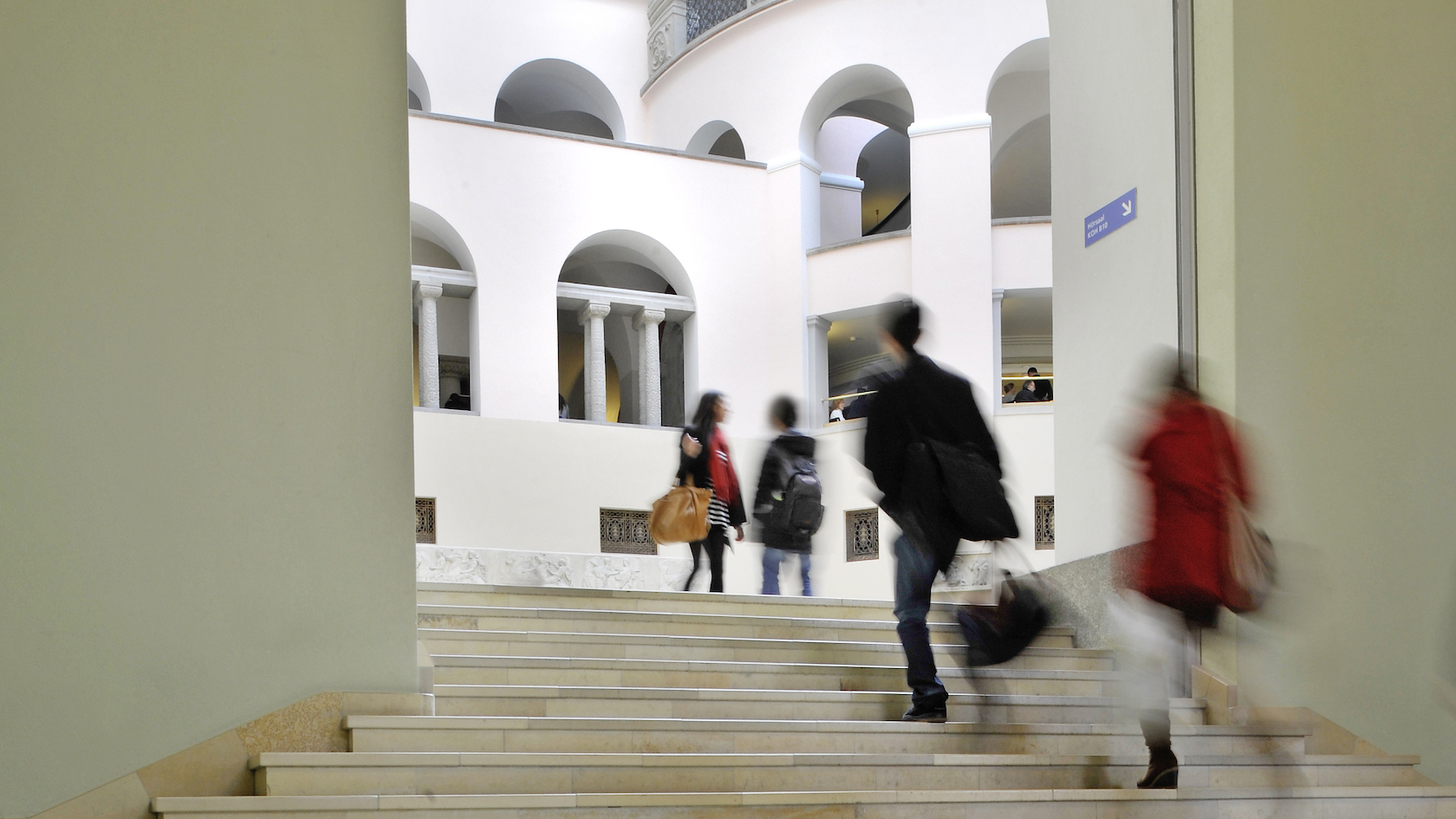
UZH: Professorship (open rank) in German Linguistics with a focus on Semantics – Pragmatics – Interaction. 100 %
The University of Zurich invites applications for a professorship (open rank) in German Linguistics with a focus on Semantics – Pragmatics – Interaction.
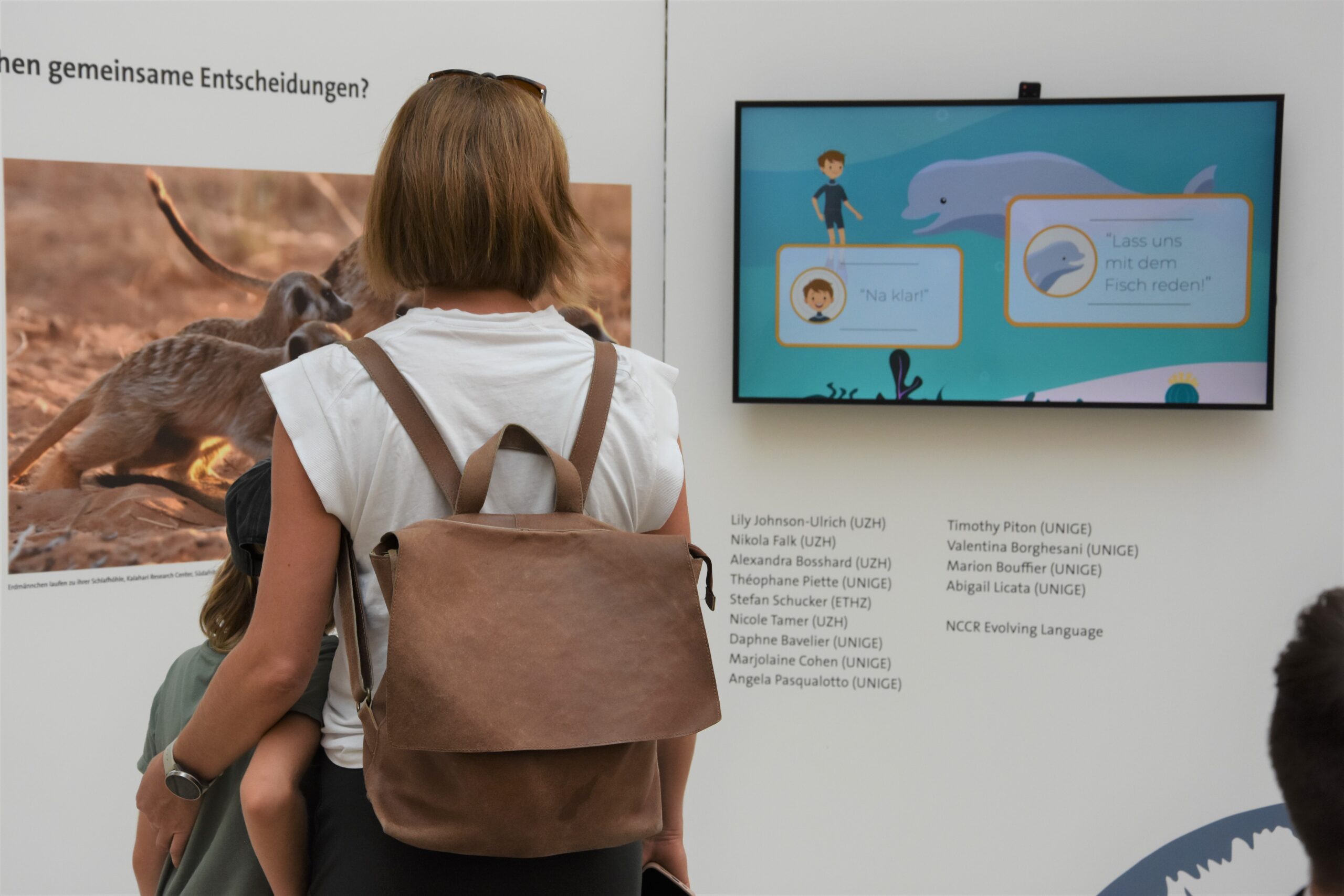
Representing the NCCR Evolving Language at Scientifica, Zürich
On the 2nd and 3rd of September 2023, researchers from the NCCR Evolving Language got to showcase the research conducted in the center to the visitors of Scientifica23, a science fair that amassed 20’000 visitors this year! Through four activities on the NCCR booth and a round table, interesting discussions sparked.
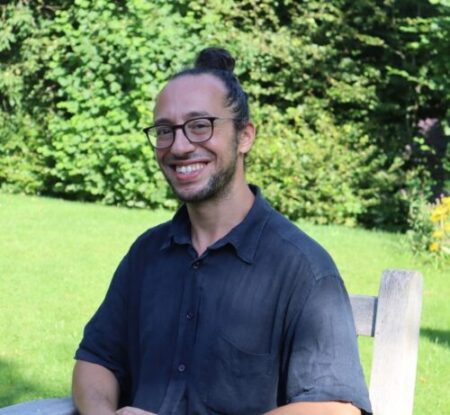
An exciting new position for Prof. Alexis Hervais-Adelman: what’s next?
Starting September 2023, Alexis Hervais-Adelman will take a position as an assistant professor in the Department of fundamental neurosciences at the University of Geneva. As a neurolinguist, his main interest is the study of what he calls “extreme language”.
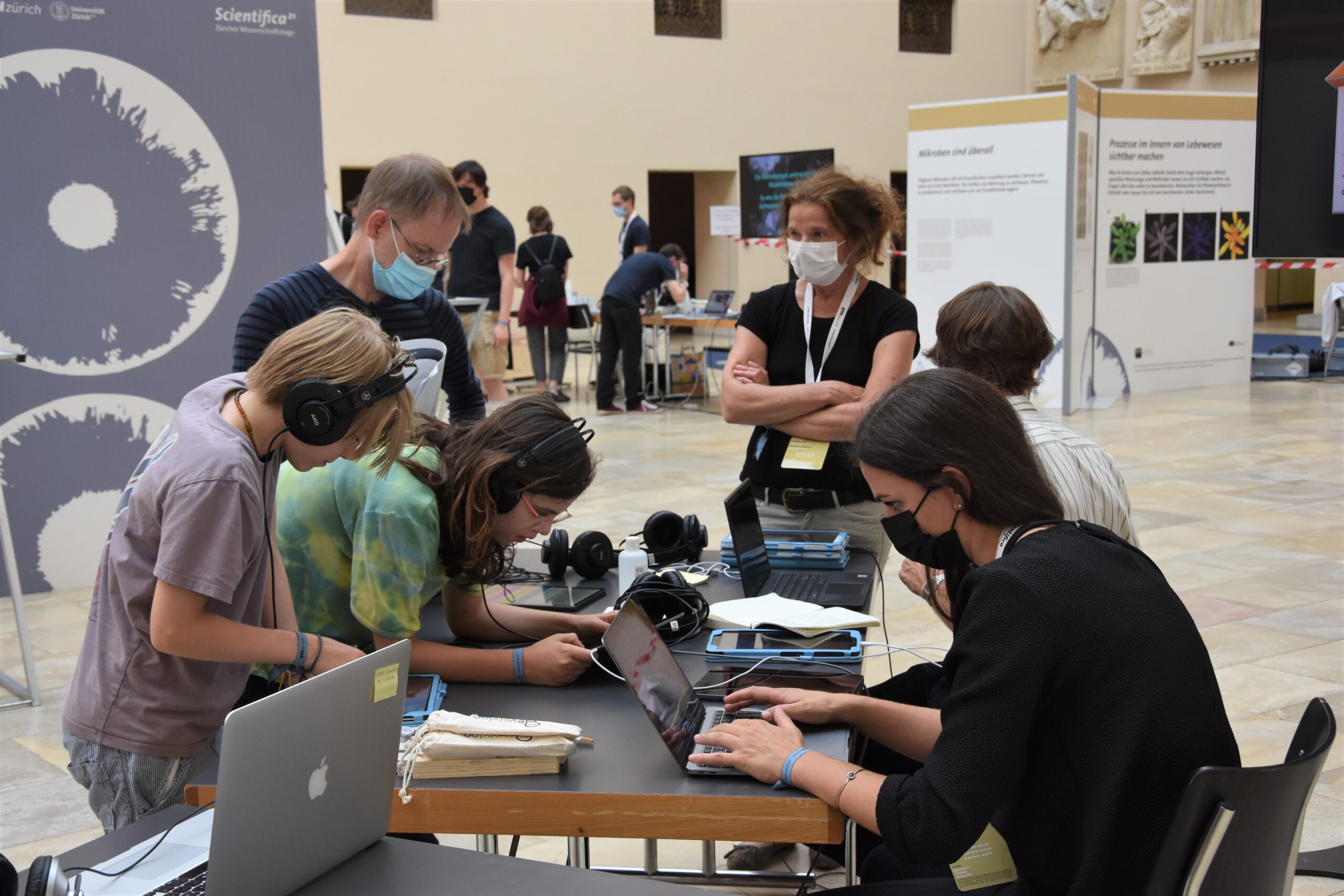
Join us for Scientifica 2023 – 2-3 September in Zürich
Meet researchers from the NCCR Evolving Language at Scientifica, Switzerland’s largest science festival, on the 2nd and 3rd of September! Through activities on our booth and a scientific cafe, you’ll be able to learn and discuss about the fascinating origins, present and future of language.
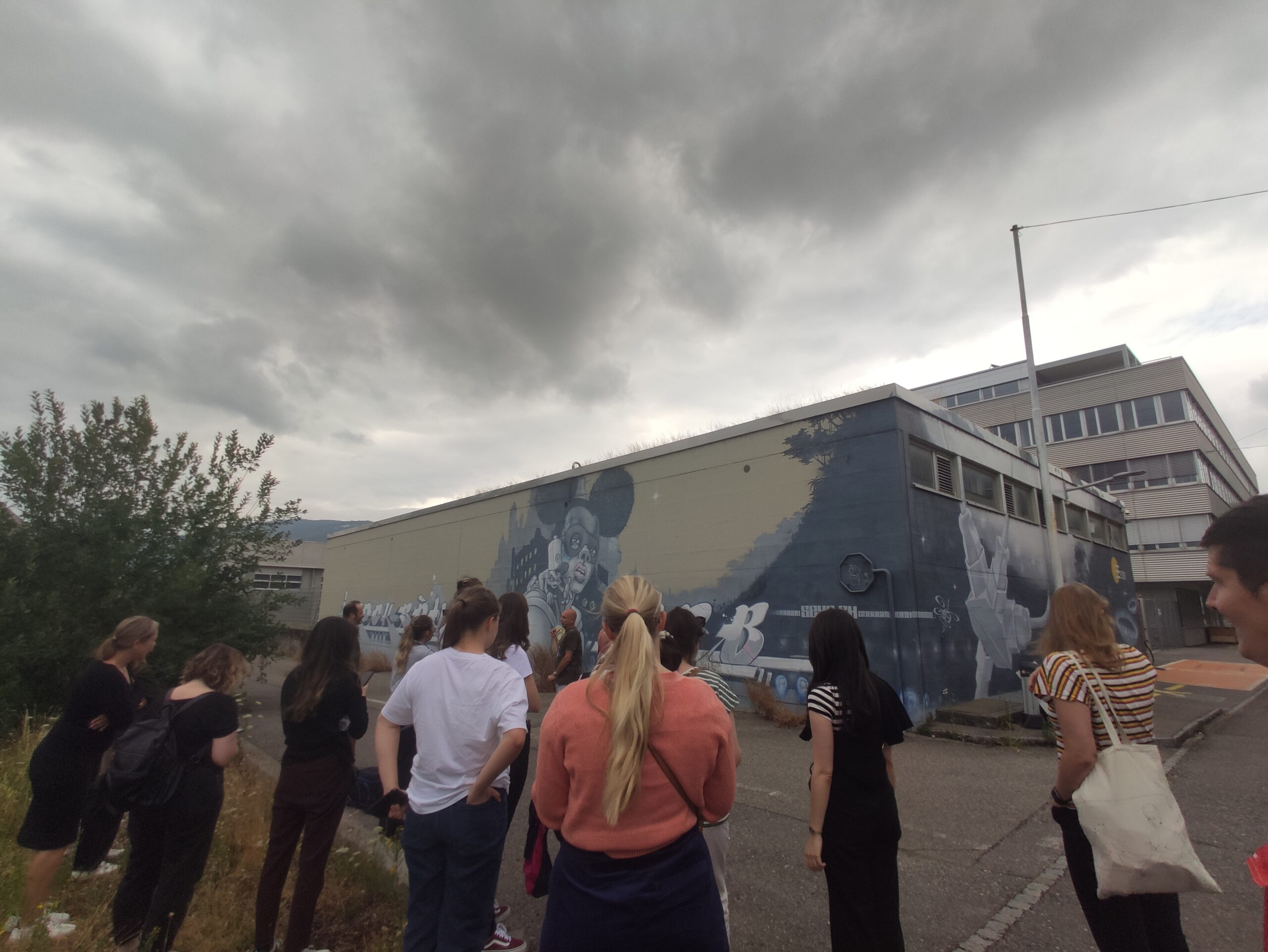
Learning about another form of self-expression: urban art in Biel
On the 30th of June, researchers from the NCCR Evolving Language had the chance to explore the city of Biel through a singular lense: graffiti tags. Indeed, the city is famous for its numerous paintings on buildings.
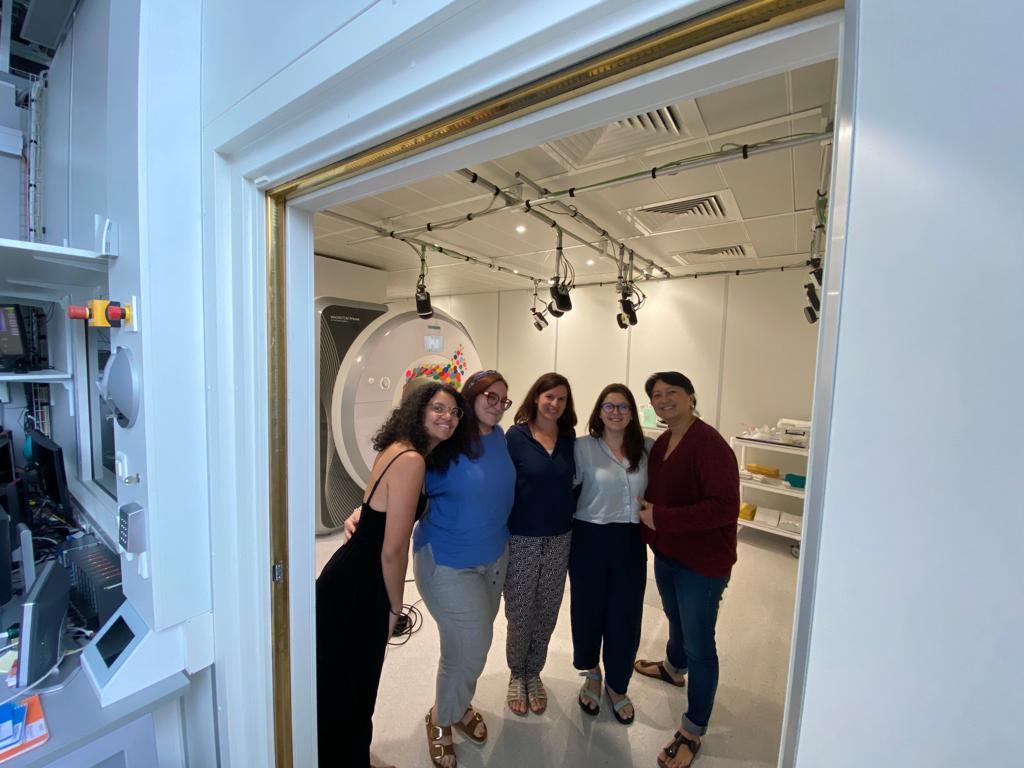
A dataset to explore the reasons behind language learning abilities
The WP Aptitudes, a project within the NCCR Evolving Language, has just finished collecting their dataset. With its variety, including polyglot, monolingual, multilingual participants, some of which with dyslexia, the team has a lot of projects in mind, starting with a big exploratory analysis using the behavioral and brain data collected.
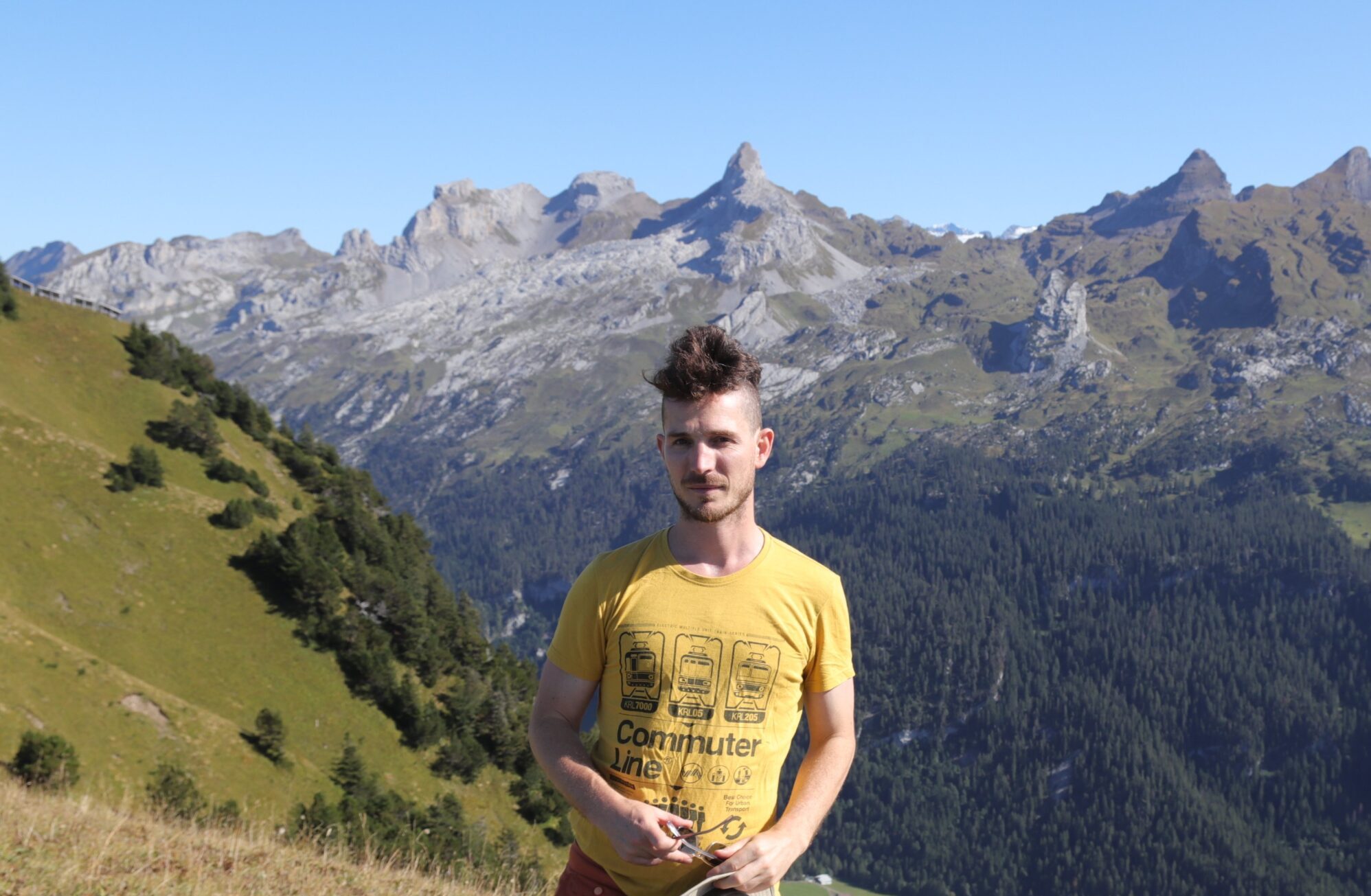
Welcome to John Mansfield in our NCCR!
As of August 1st, linguist John Mansfield will be joining the University of Zurich and the NCCR Evolving Language as a P.I. During his 9-year career at the University of Melbourne, he specialized in Northern Australian Aboriginal languages.
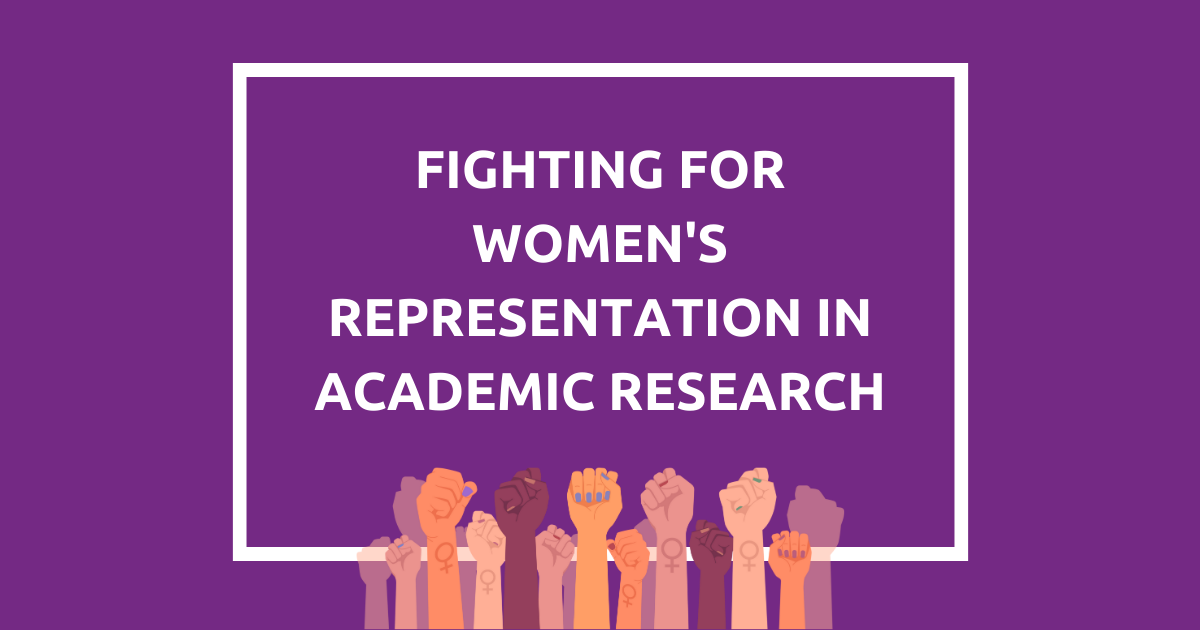
Women’s strike: Fighting for women in academic research
In academic research, statistics show that women are underrepresented. On June 14, we support women in their fight for equality, including our aspiring, junior and senior female researchers.
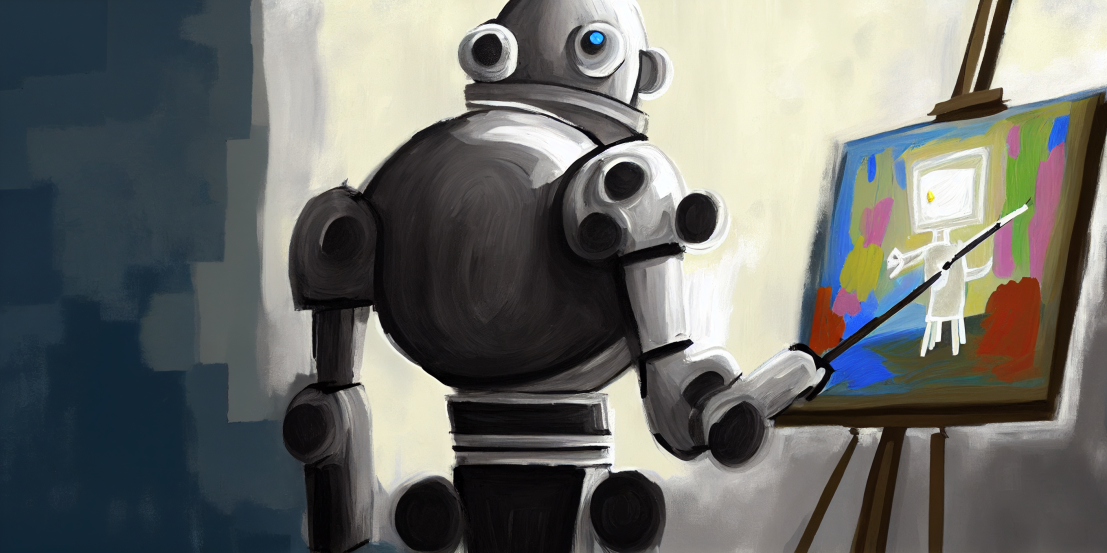
Can an AI illustrate the work of our NCCR researchers?
A picture is worth a thousand words… even if generated by artificial intelligence (AI)? This is what researchers from the National Centre of Competence in Research (NCCR) Evolving Language tried to find out with the project “My work pictured by AI”. The results are out!
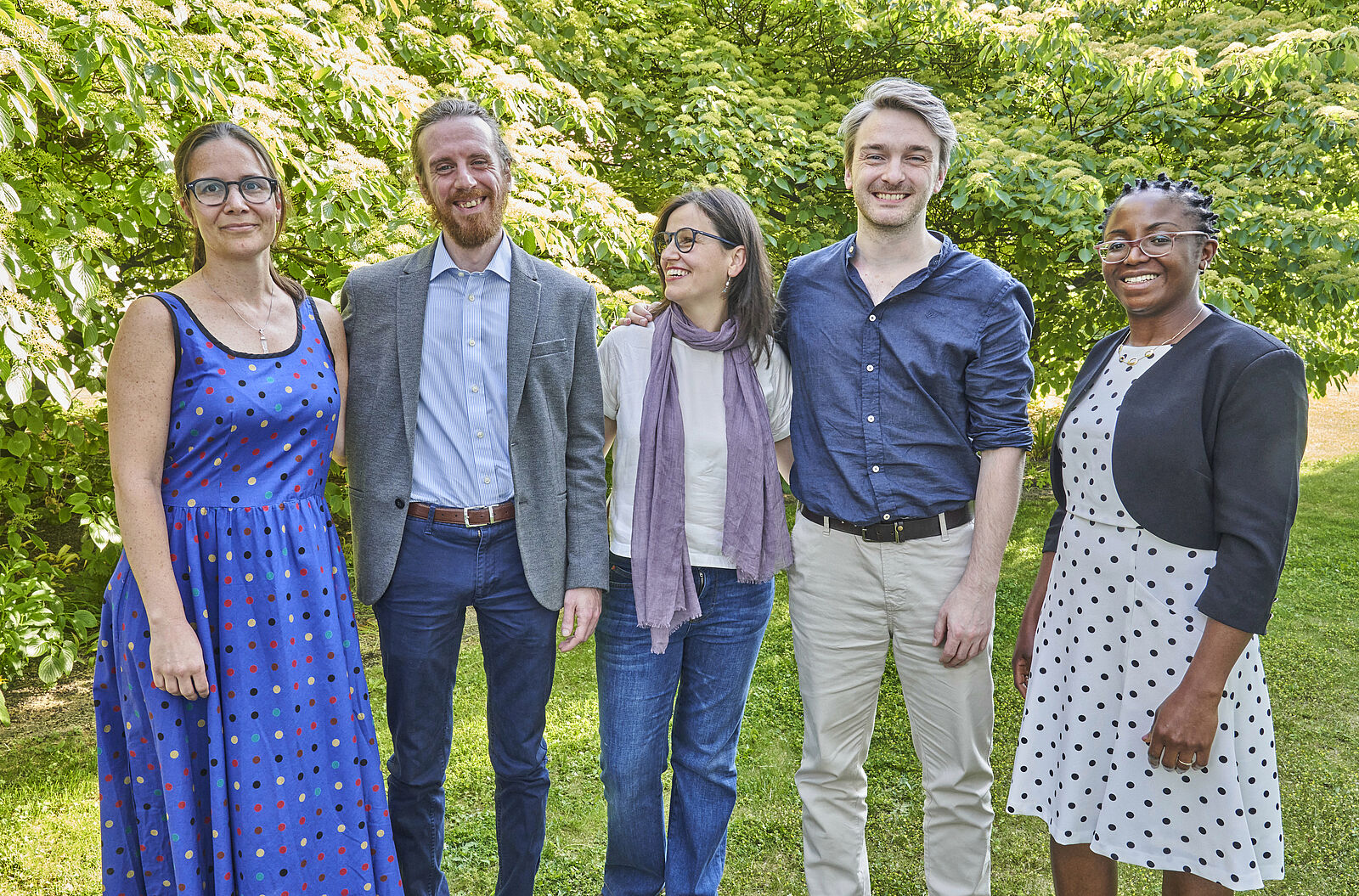
The Swiss Academy for human and social sciences awards the 2023 silver Young Talent Award to NCCR Evolving Language researchers!
The silver award was given to NCCR members Stuart Watson (psychologist and neuroscientist at the University of Zürich) and Piera Filippi (philosopher at the University of Zurich), as well as Luca Gasparri (philosopher at the University of Lille). Their work on the evolution of arbitrariness in linguistics convinced the jury thanks to its interdisciplinary approach and its great potential for application.
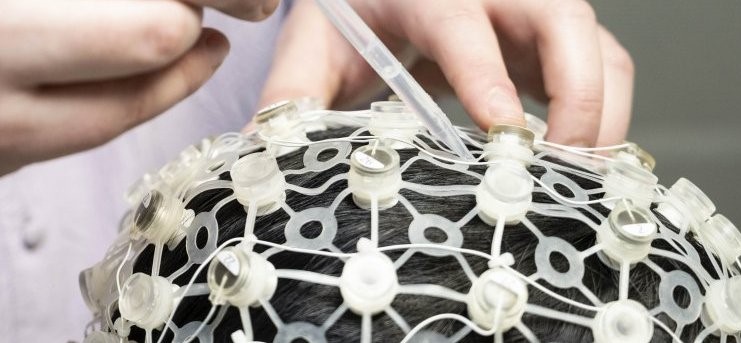
A new institute to better detect and treat hearing and speech disorders
On the 16th of May, the creation of the Institut Hospitalo-Universitaire (IHU) re-Connect in Paris, supported by the “Institut de l’Audition” with our NCCR PI Prof. Anne-Lise Giraud, was announced. This institute, designed to better detect and treat hearing and speech disorders, is the first center to bring together all the players in hearing health.
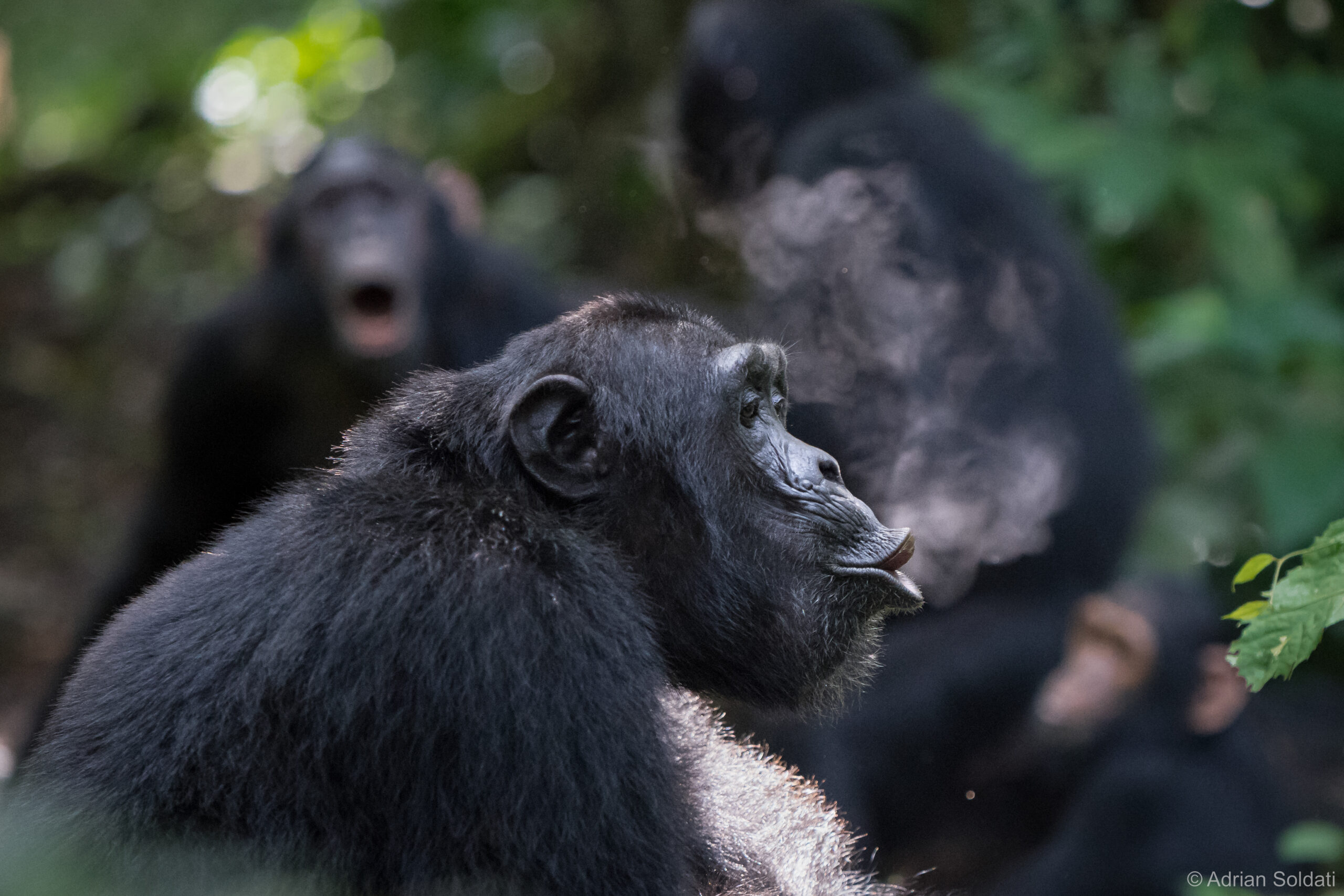
Chimpanzees combine calls to communicate new meaning
Similar to humans, chimpanzees combine vocalizations into larger communicatively meaningful structures. NCCR Evolving Language researchers based in UZH suggest that this ability might be evolutionarily more ancient than previously thought.
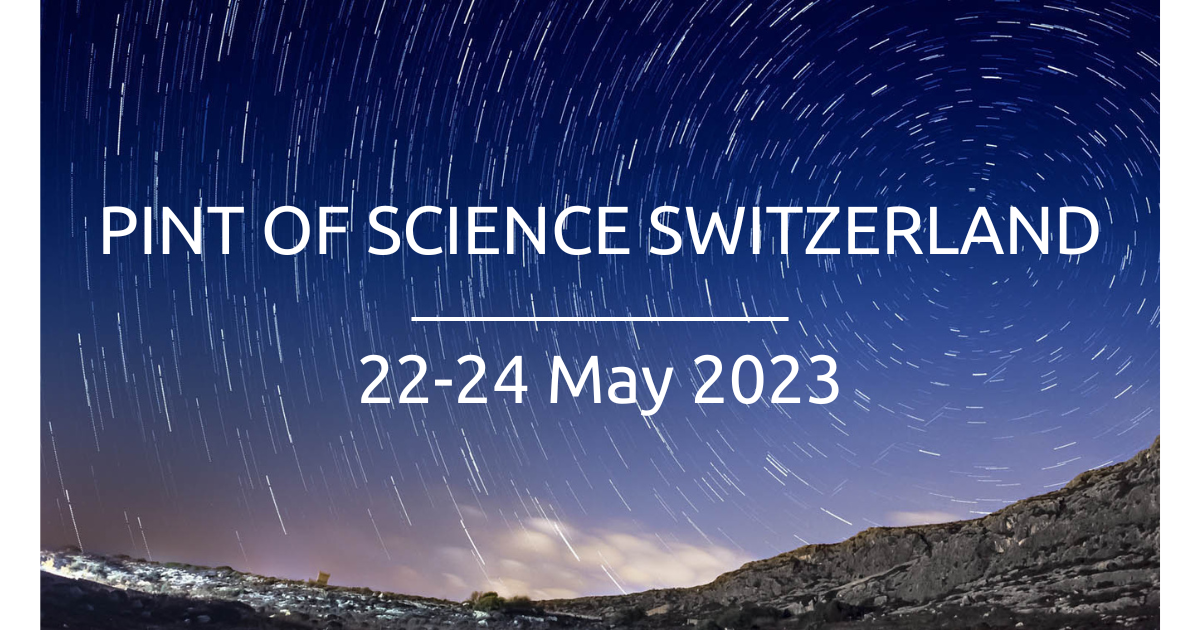
Grab a drink and learn about language at the Pint of Science 2023
The Pint of Science global science festival is back in multiple locations in Switzerland, from May 22nd to 24th 2023. A couple of our NCCR Evolving Language collaborators are participating in Geneva, St. Gallen, Lugano and Sion.
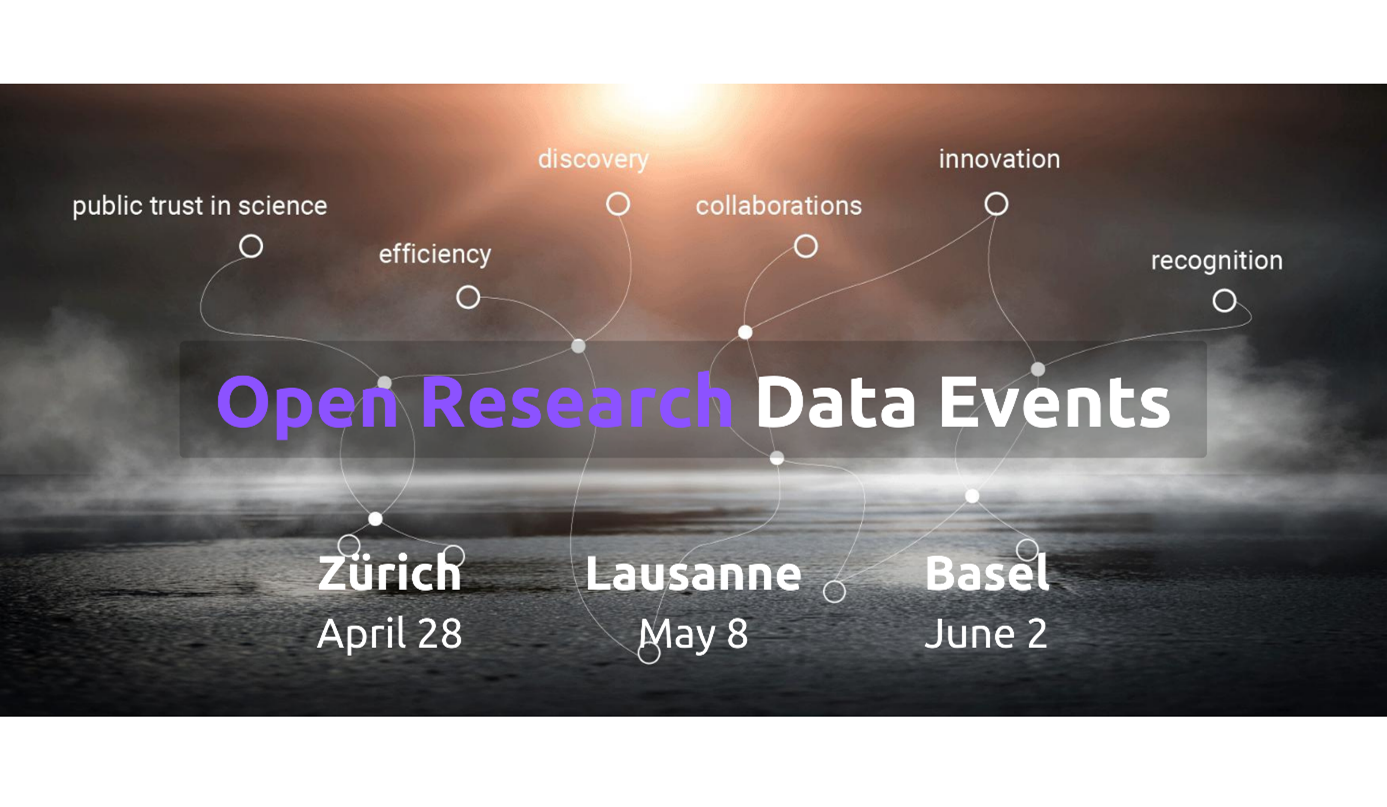
Open Research Data events are coming up!
From April to June, a series of events on Open Research Data (ORD) are co-organized by NCCRs. With talks from experts in the field and workshops, participants will explore the different stages of the Data Life Cycle. The events are aimed at students and researchers, but all are welcome to register!

A successful writing retreat in Puidoux for our NCCR members!
From March 27th to 30th 2023, 8 PhD candidates and Post-docs participated in the NCCR writing retreat, assisted by Prof. Hervé Bourlard from Idiap. The retreat was successful and helpful according to participants!

Funding opportunity: Switzerland-UK Bilateral Call 2023
Innosuisse in partnership with Innovate UK are announcing a bilateral call for joint R&D project outlines, accessible to all scientific disciplines. If you have an innovative idea or applied research that could fit in, don’t hesitate to apply!

A brain-inspired computer model that understands speech like humans
Understanding speech is extremely challenging both for humans and machines, as the sounds can be rapid and ambiguous. A team of neuroscientists from the NCCR Evolving language developed a computer model based on the human brain to accurately and sparingly guess the meaning of ambiguous sentences. This could impact both the fields of neurosciences and artificial intelligence.
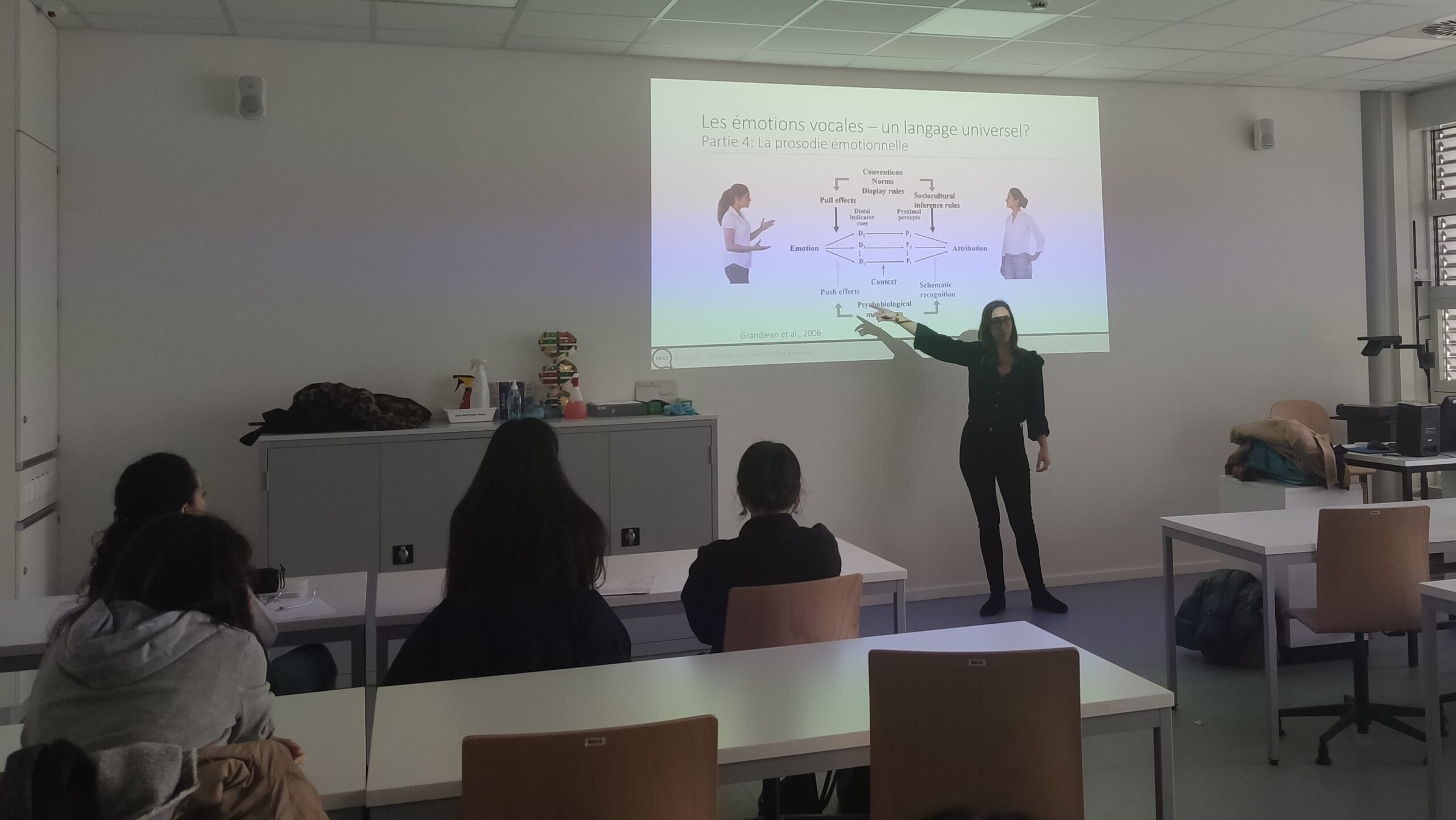
Showcasing women in scientific research
Female researchers associated with the NCCR Evolving Language have invited themselves in a few classrooms in Geneva through the “A researcher in my class” project!
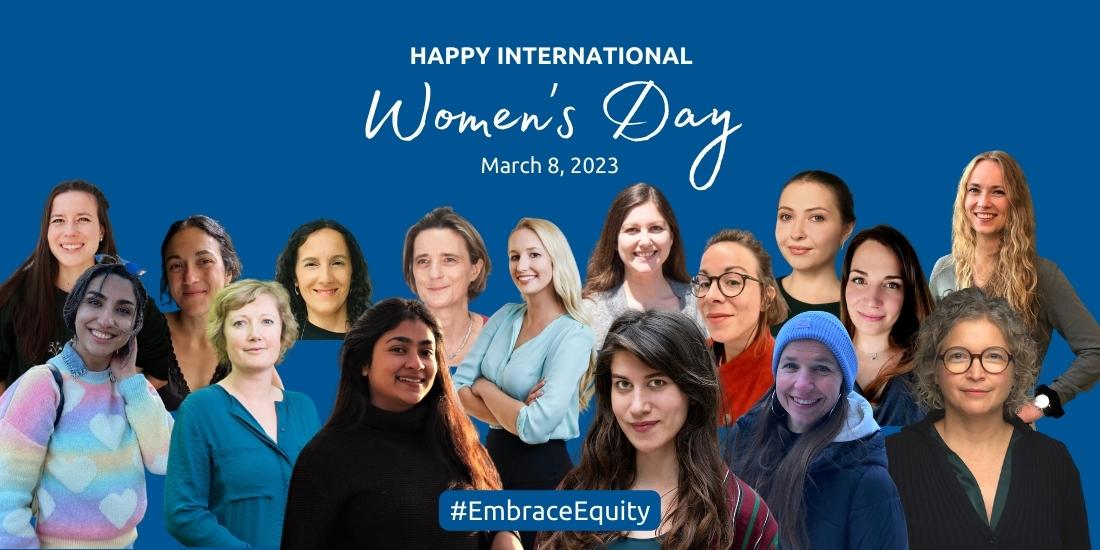
Happy International Women’s Day – March 8, 2023
March 8 is International Women’s Day, a global day celebrating the social, economic, cultural, and political achievements of women. The day also marks a call to action for accelerating women’s equality.
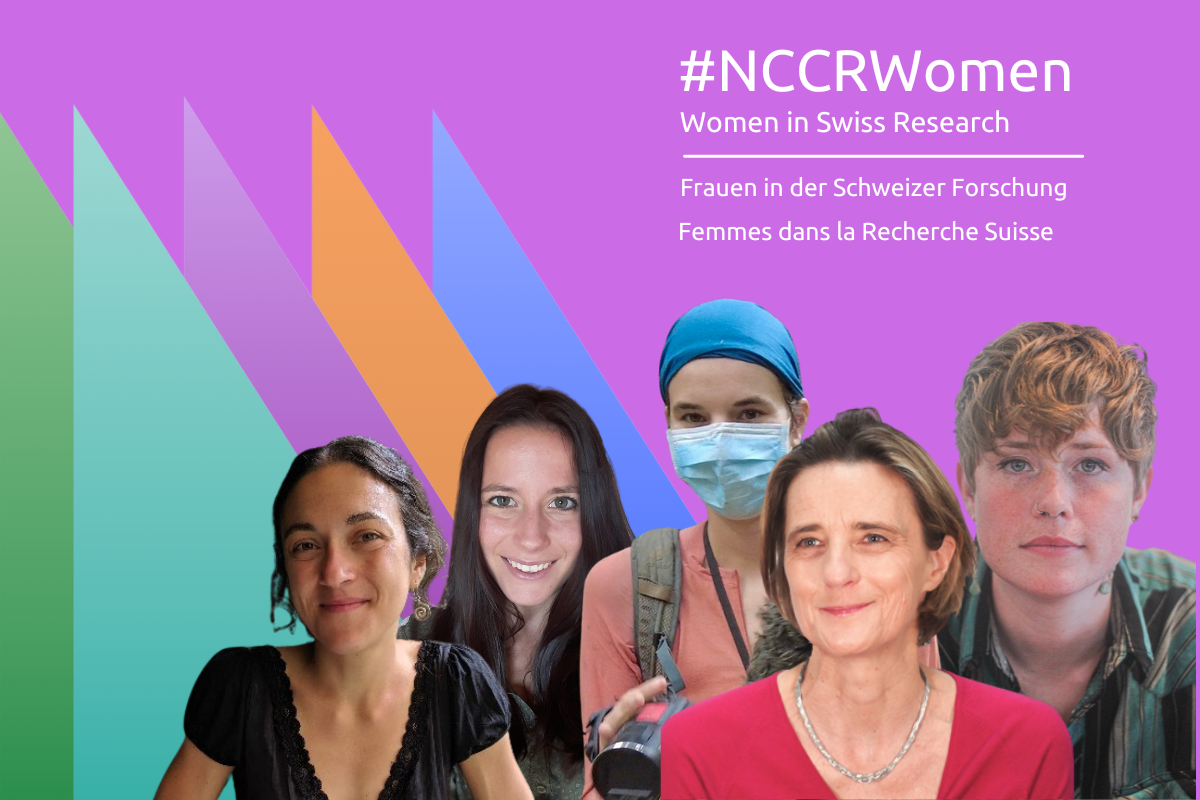
Meet our #NCCRWomen: reboot campaign!
Embark on a fascinating journey through the evolution of language! Five of our #NCCRWomen introduces you to their research and personal experience in science.
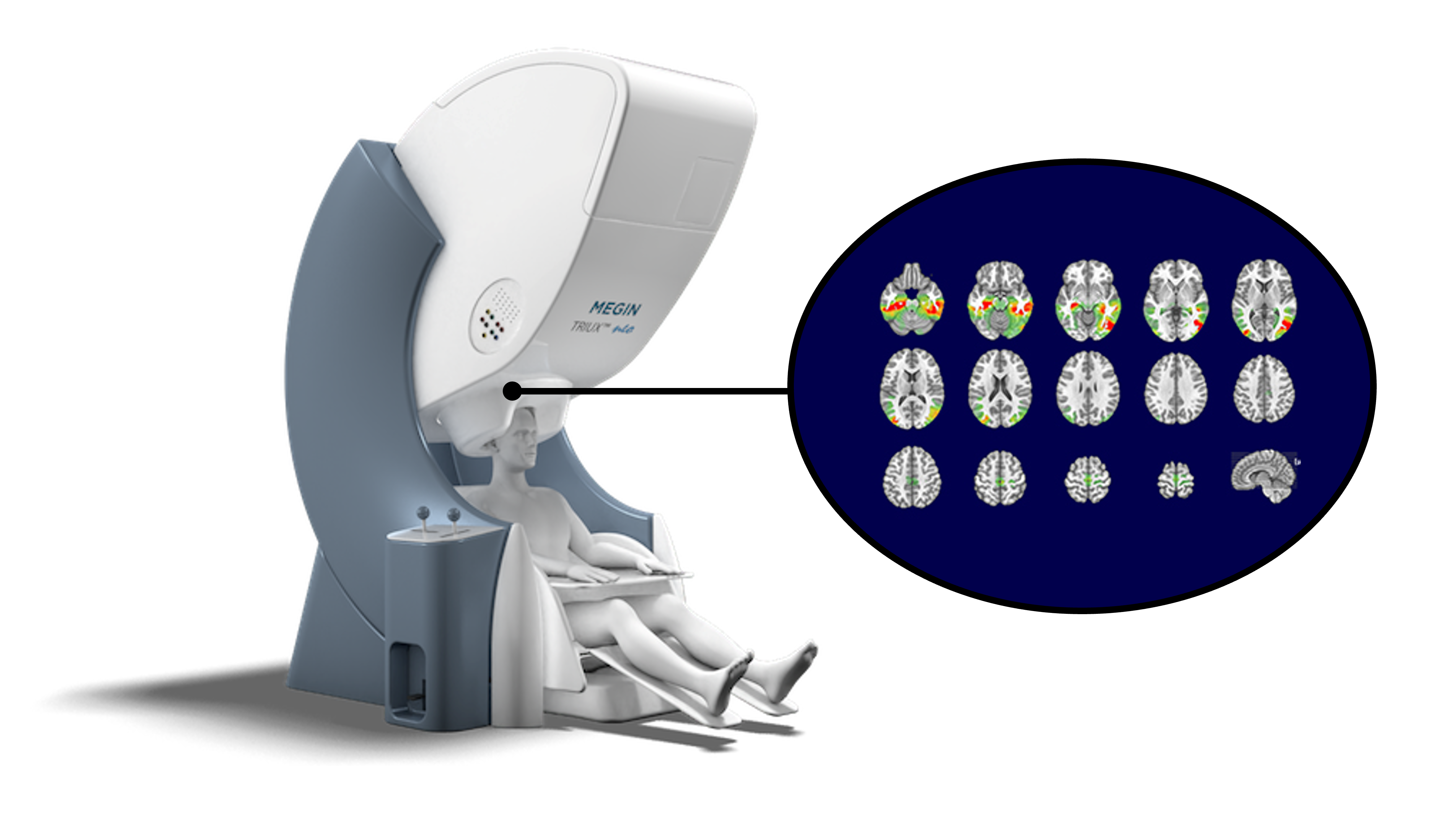
Geneva at the heart of the human brain
It’s a first in Switzerland: the Human Neuroscience Platform (HNP) now hosts a magnetoencephalography (MEG) facility, first of its kind in Switzerland. This acquisition promises new breakthroughs in the understanding and treatment of brain disorders such as Alzheimer’s, epilepsy or aphasia.
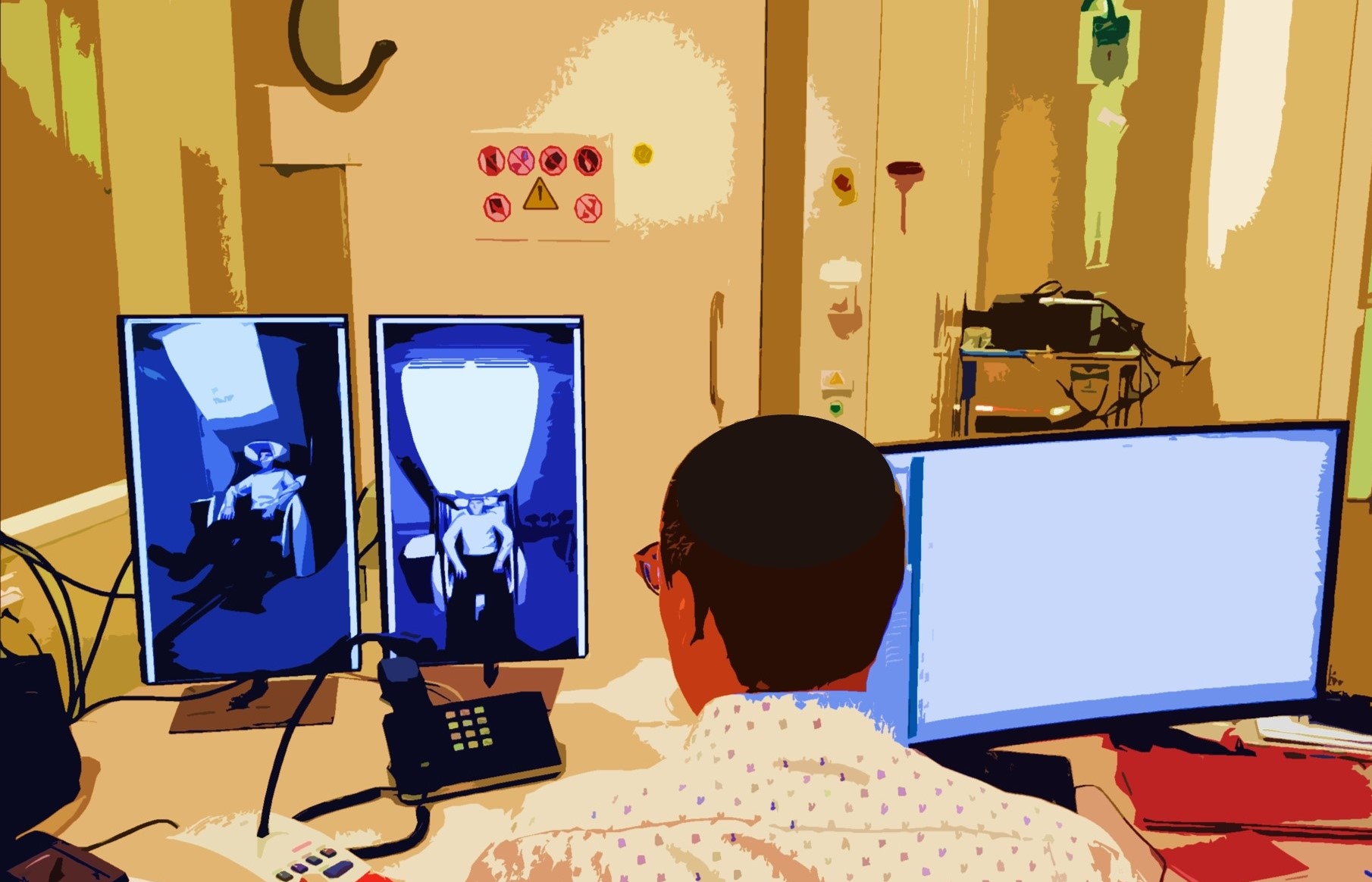
The 1st MEG of Switzerland arrived in Geneva
It’s a first in Switzerland: the Campus Biotech now hosts a magnetoencephalography (MEG) facility! The MEG will indeed be of great help in understanding language and hoping to find treatments for the disorders that surround it, such as dyslexia or aphasia (a pathology that affects the ability to express oneself and that can be acquired following a stroke for example). This is why we are a partner of this purchase.
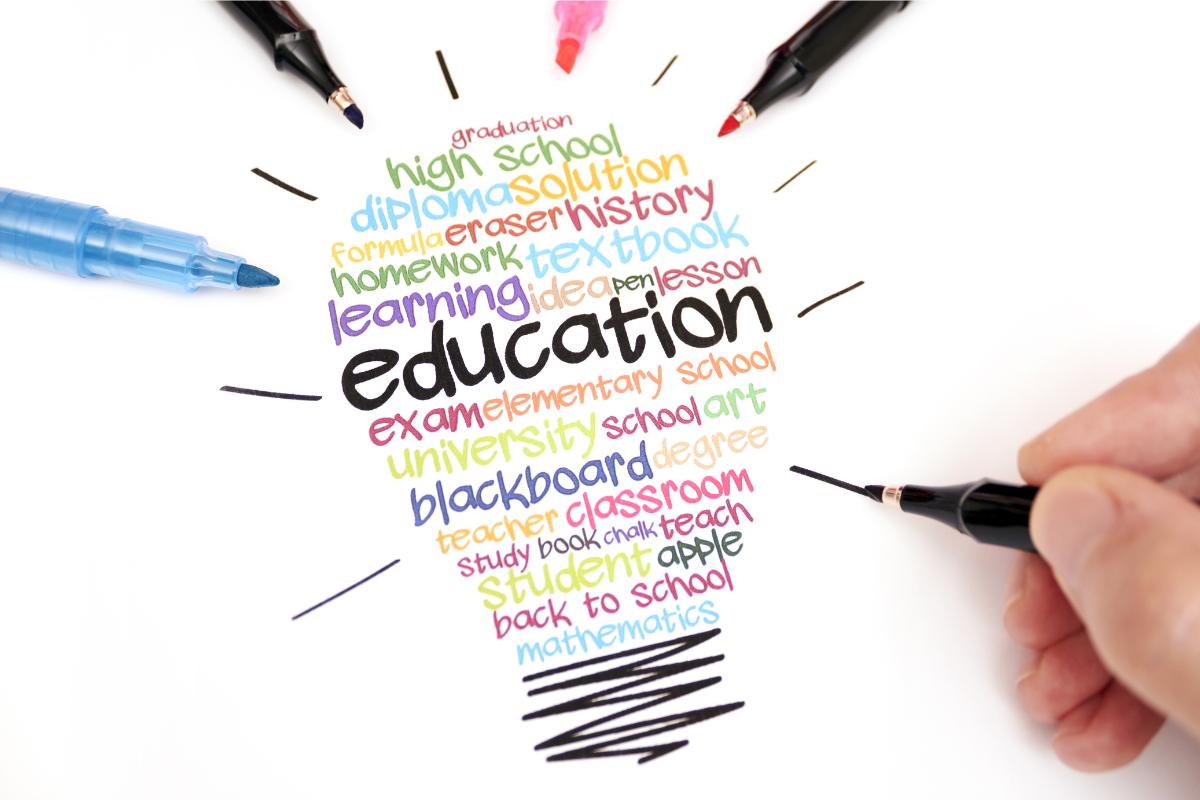
Education is a human right and a public responsibility
24 January is Unesco’s international day of Education. Rightly emphasized by the United Nations Educational, Scientific and Cultural Organization (UNESCO), Education is a human right, a public good and a public responsibility. The NCCR Evolving Language strongly supports those key values through various Education and Equal opportunity programs.
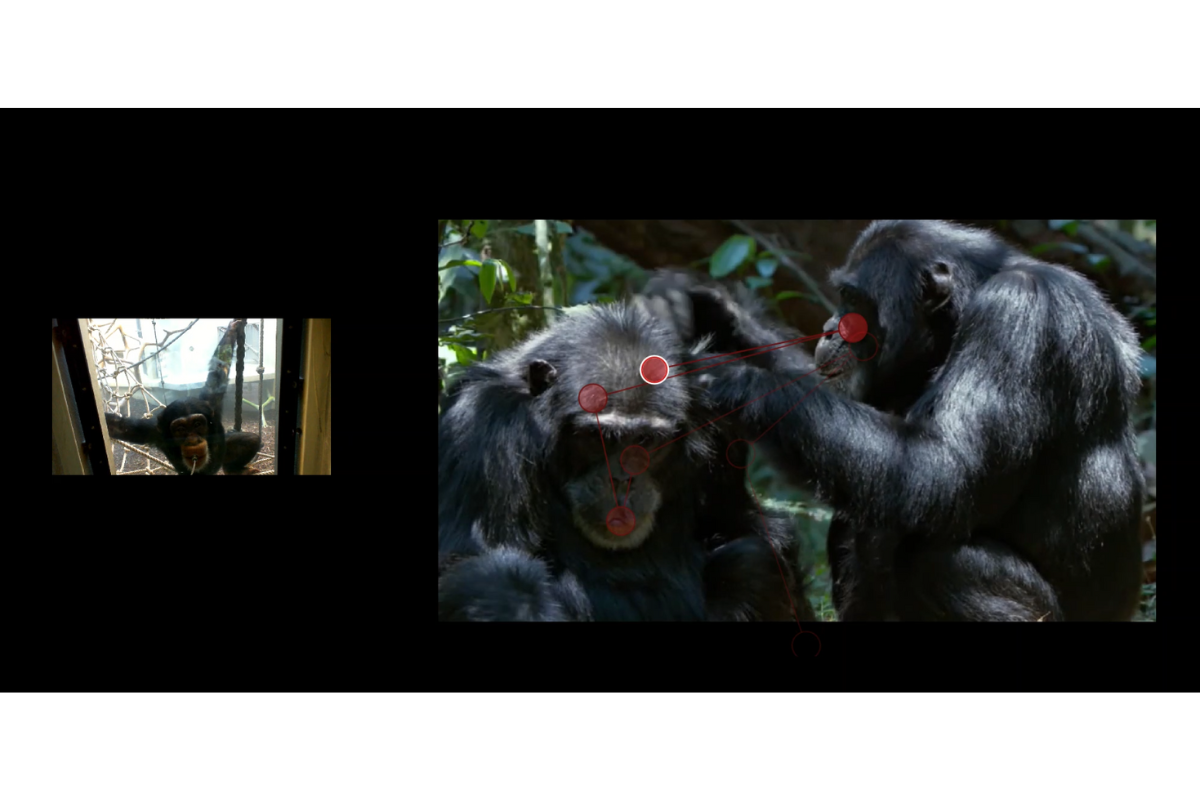
The origins of human language at the Zoo Basel
Dr. Vanessa Wilson and Prof. Klaus Zuberbühler explain in a podcast how they trace the origins of human language at the Zoo Basel.
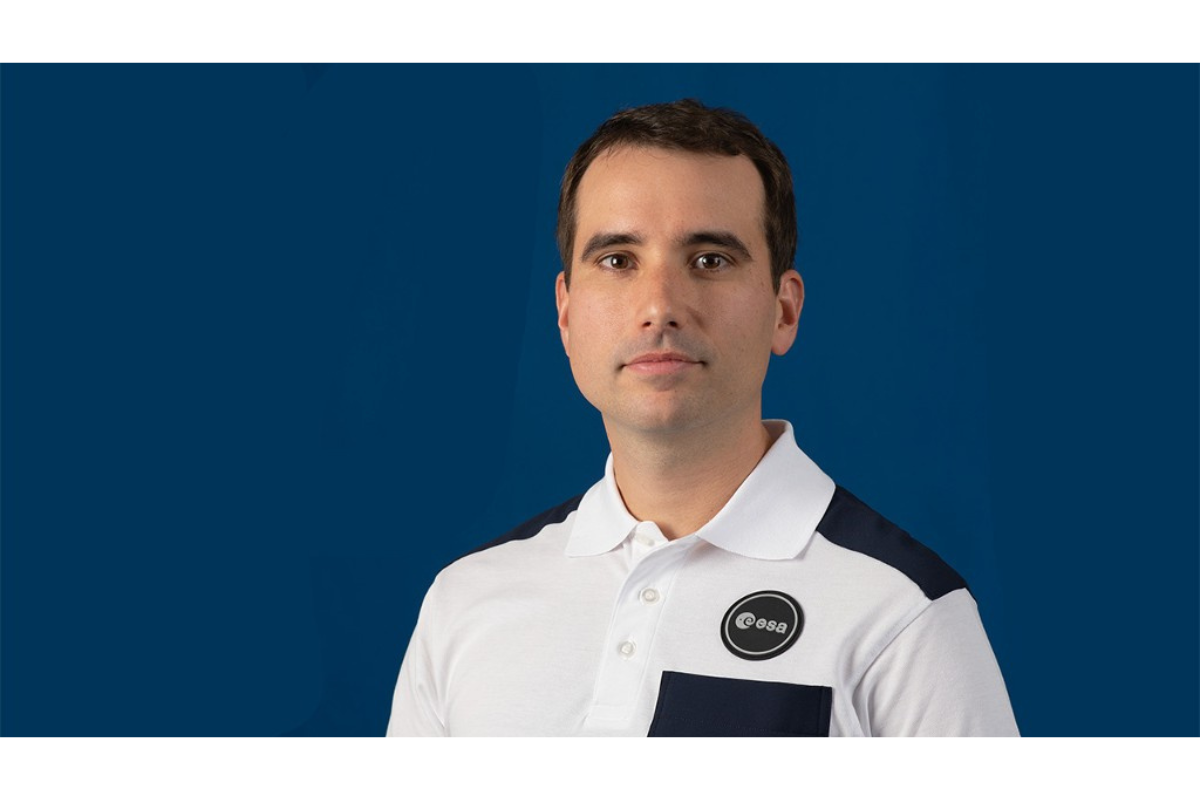
An NCCR Researcher joins the ESA astronaut class 2022
Research and teaching fellow at the University of Geneva, Raphael Liégeois has been selected by the European Space Agency to become an astronaut.
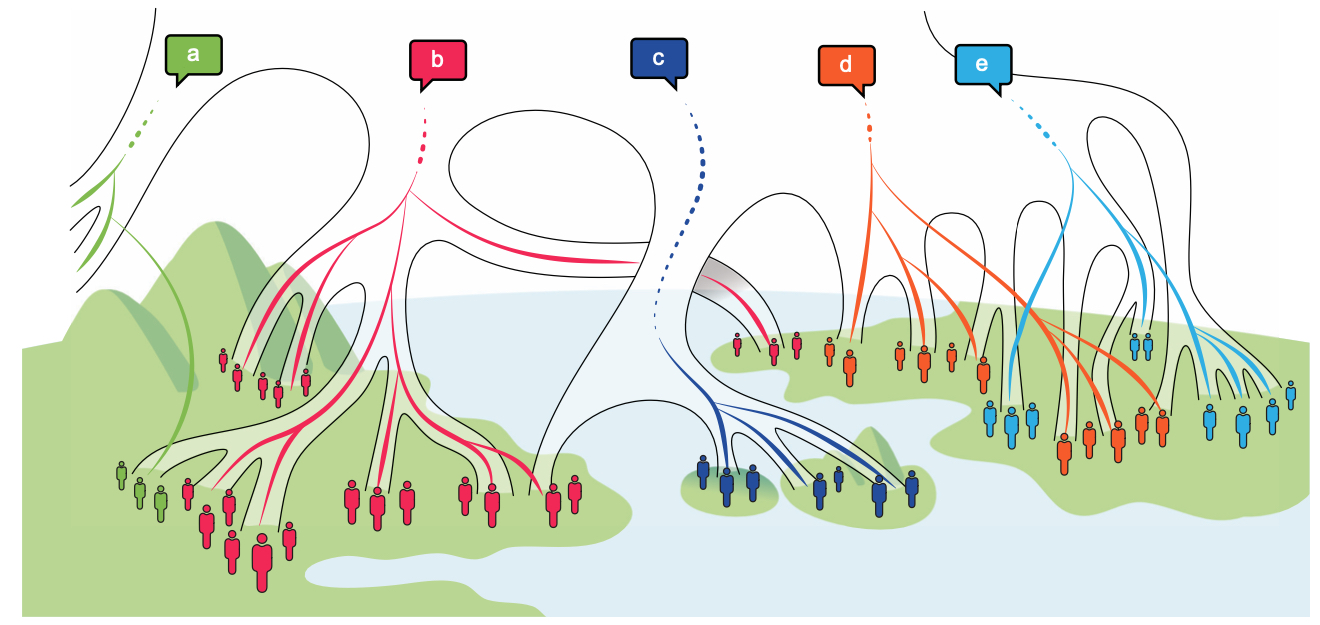
Genes and Languages not Always Together
Does the history of our languages match the history of our genes? A team of scientists have revealed a large number of matches – but also widespread mismatches in around 20 percent of cases, including in Malta, Hungary and Namibia.
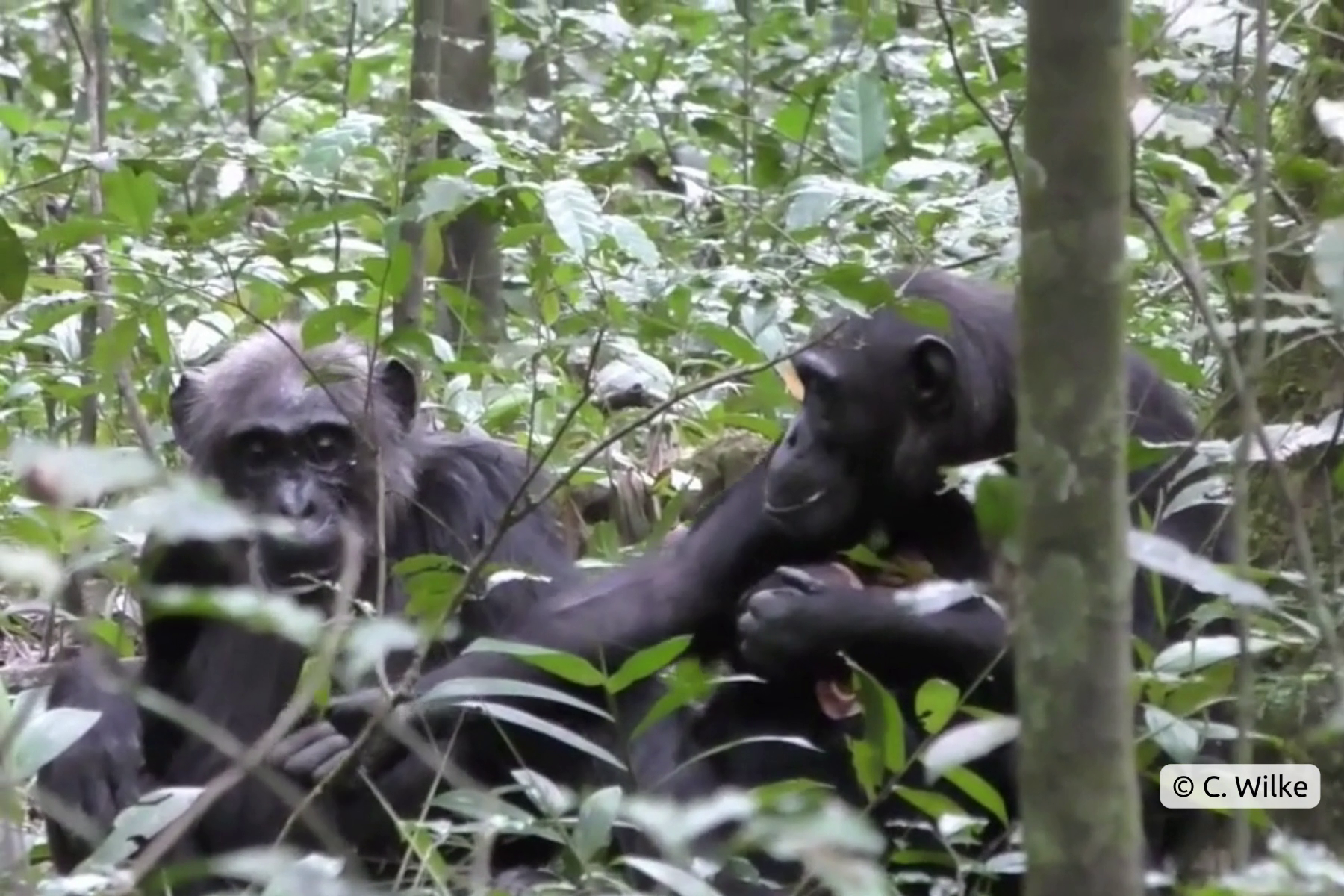
Mom, mom, look at the leaf! Chimpanzees also use gestures to draw attention
Researchers have recorded a female chimpanzee showing a leaf to her mother. If the gesture seems quite innocent to us – and even rather banal in humans – it is a fact rarely observed in great apes.

“Why language?”: the answer on Instagram
The NCCR Evolving Language is launching its Instagram account. What to expect: knowledge transmission and exchanges between scientists and their audience thanks to videos, memes and quizzes in story format.
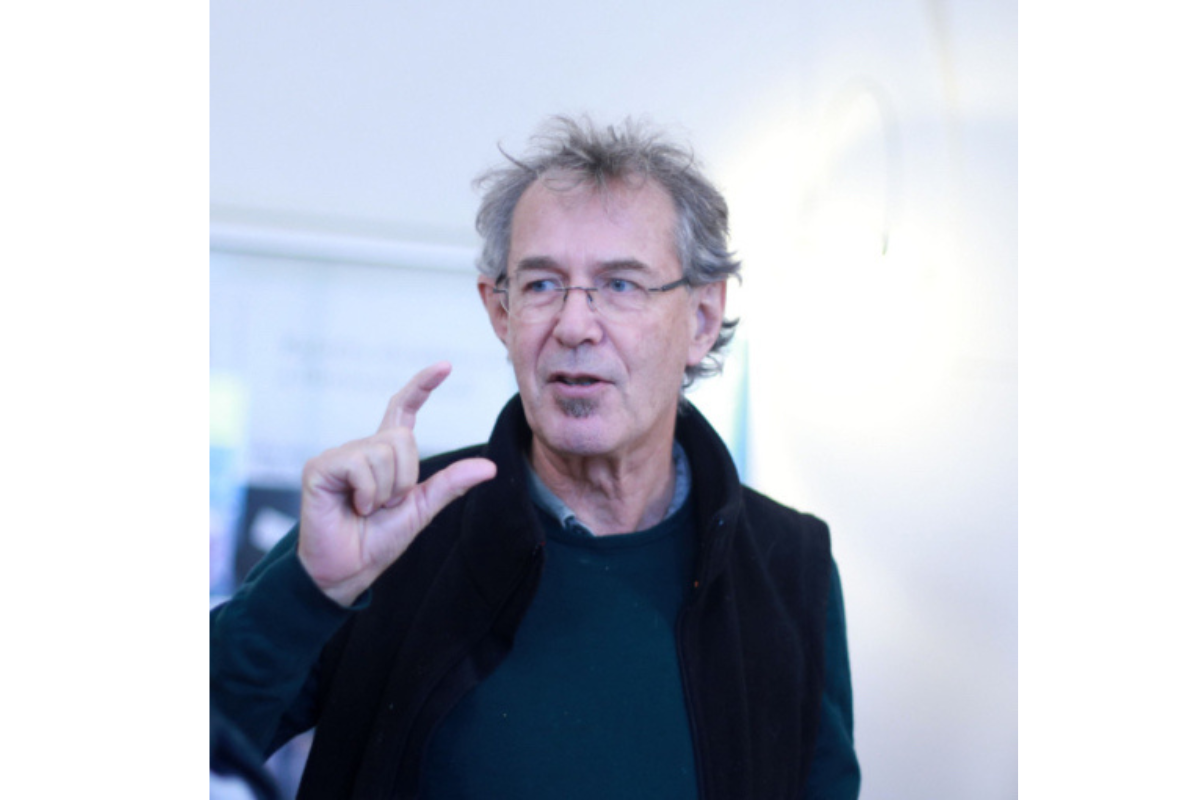
NCCR meets Nick Evans
We are honored to welcome Nicholas Evans, a distinguished Professor of Linguistics at the Australian National University, as a guest at our department. He will give a talk on typological approaches to the question of language relatedness across the Torres Strait languages.
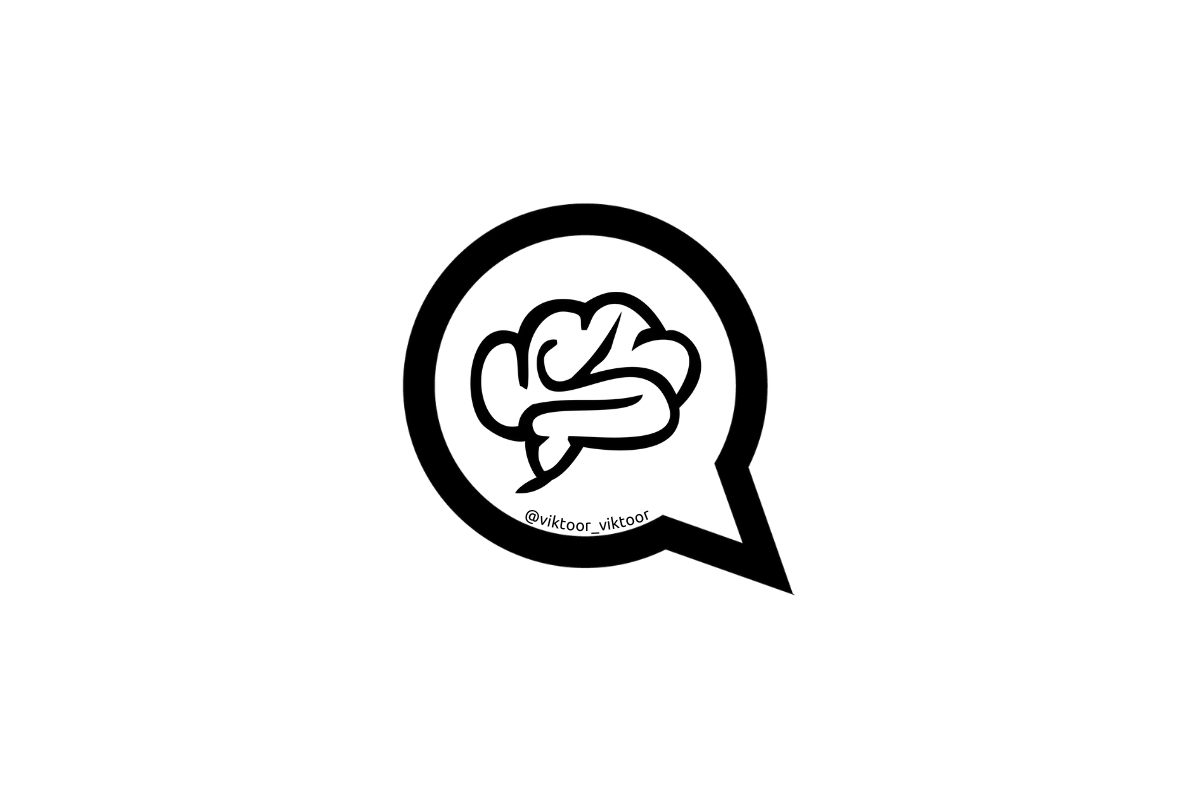
Job Opening: Full or Assoc. Professor in neuroscience of language
The Faculty of Medicine of the University of Geneva has an opening for a full or Associate Professor in neuroscience of audition, speech and language.
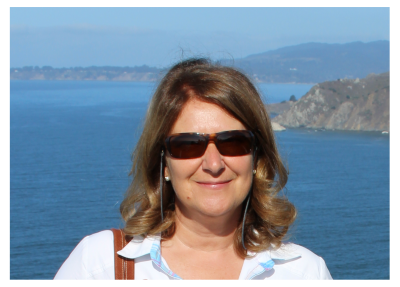
SNSF Advanced grant for our PI Paola Merlo
Paola Merlo has recently been awarded an SNSF Advanced grant, Disentangling Linguistic Intelligence: automatic generalisation of structure and meaning across languages.
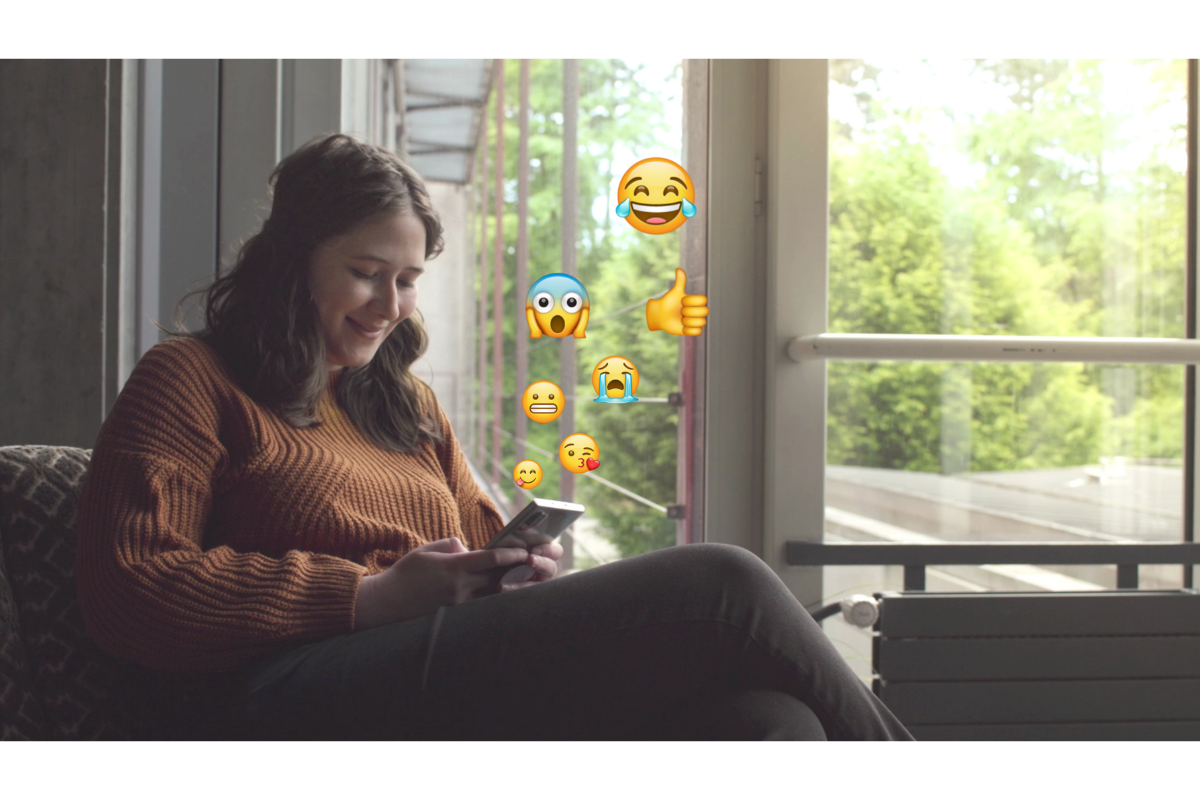
Donate WhatsApp conversations!
An NCCR team is researching the way in which the Swiss population share emotions via instant messaging. And in order to do so… they need you to donate WhatsApp conversations in any of the 4 Swiss national languages and in English! How to participate? How do they protect your privacy? How can you win one of the weekly gift cards?..
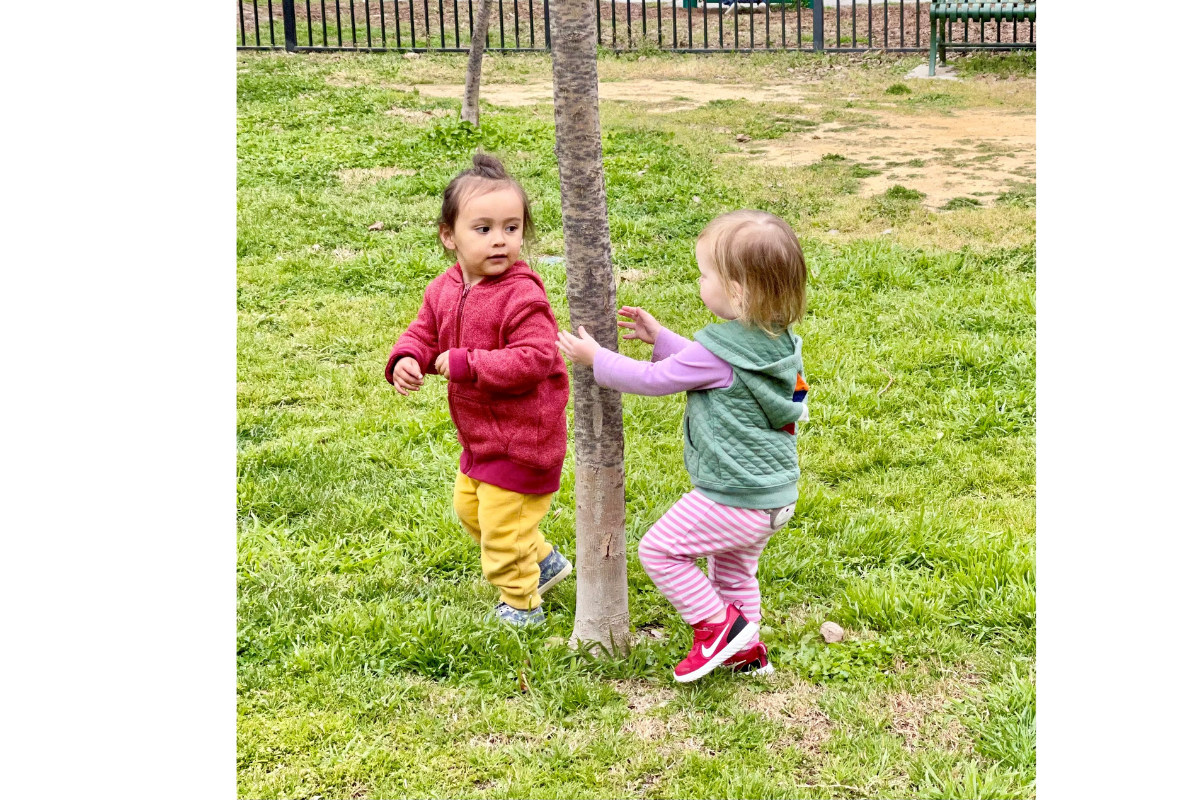
Our social interactions begin at a young age
Children demonstrate early in life social skills and a strong desire to interact with their peers. They engage in social interactions more often than our closest relatives, the great apes, says a study led by researchers from the University of California, San Diego and the University of Neuchâtel.
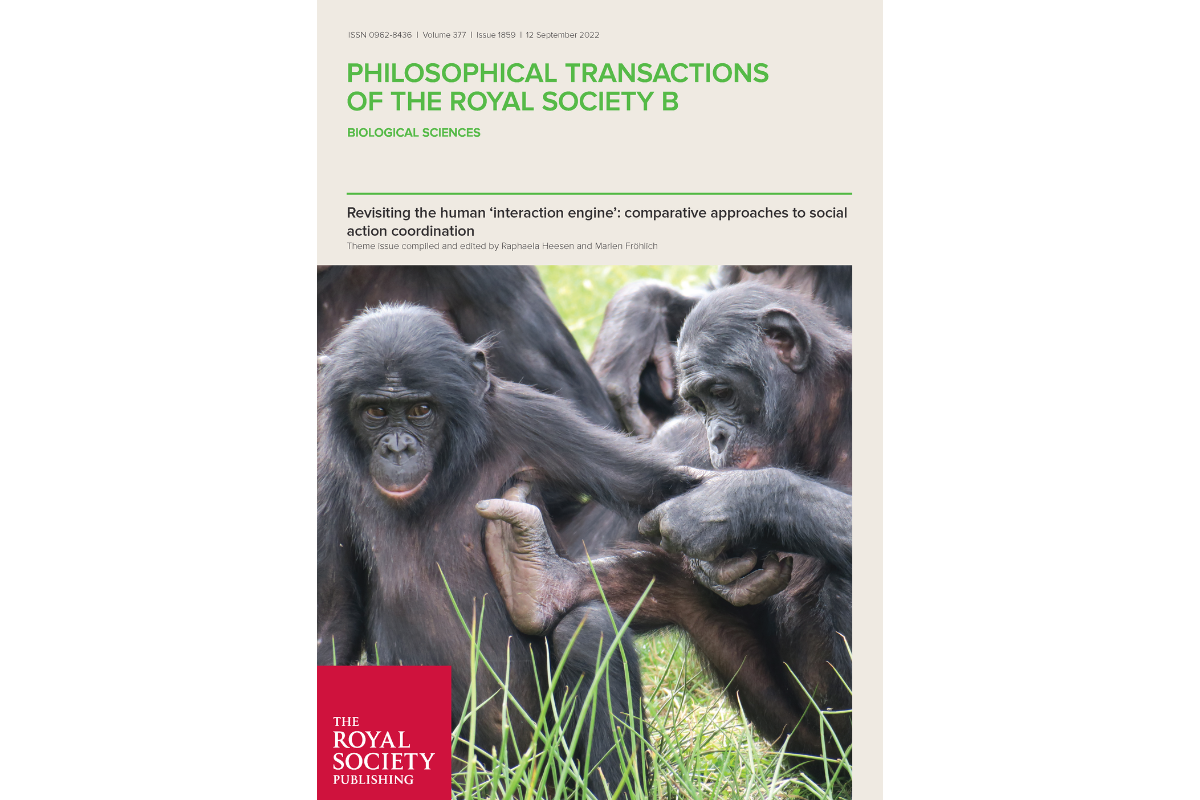
Special issue on social interaction
Seven NCCR members contributed to a special issue co-edited by Raphaela Heesen and Marlen Fröhlich, presenting empirical and theoretical contributions on the idea that language was likely facilitated by a special skillset for social interaction.

Joint Conference on Language Evolution
An NCCR delegation took part in the Joint Conference on Language Evolution in Kanazawa from September 5 to 8 2022.

Un scanner de haute importance pour la Suisse
Notre co-directrice Anne-Lise Giraud explique pourquoi une magnétoencéphalographie (MEG) est indispensable à la recherche suisse en neurosciences humaines.
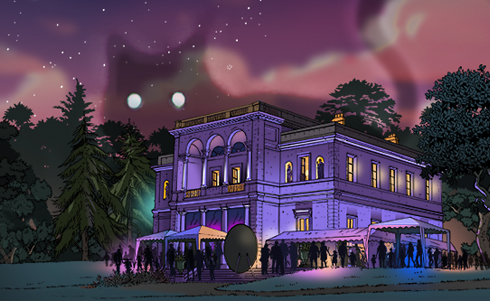
Night of Science, Geneva, July 9-10th
Have you ever wondered what makes us human? Then come and visit our booth at the Night of Science in Geneva!
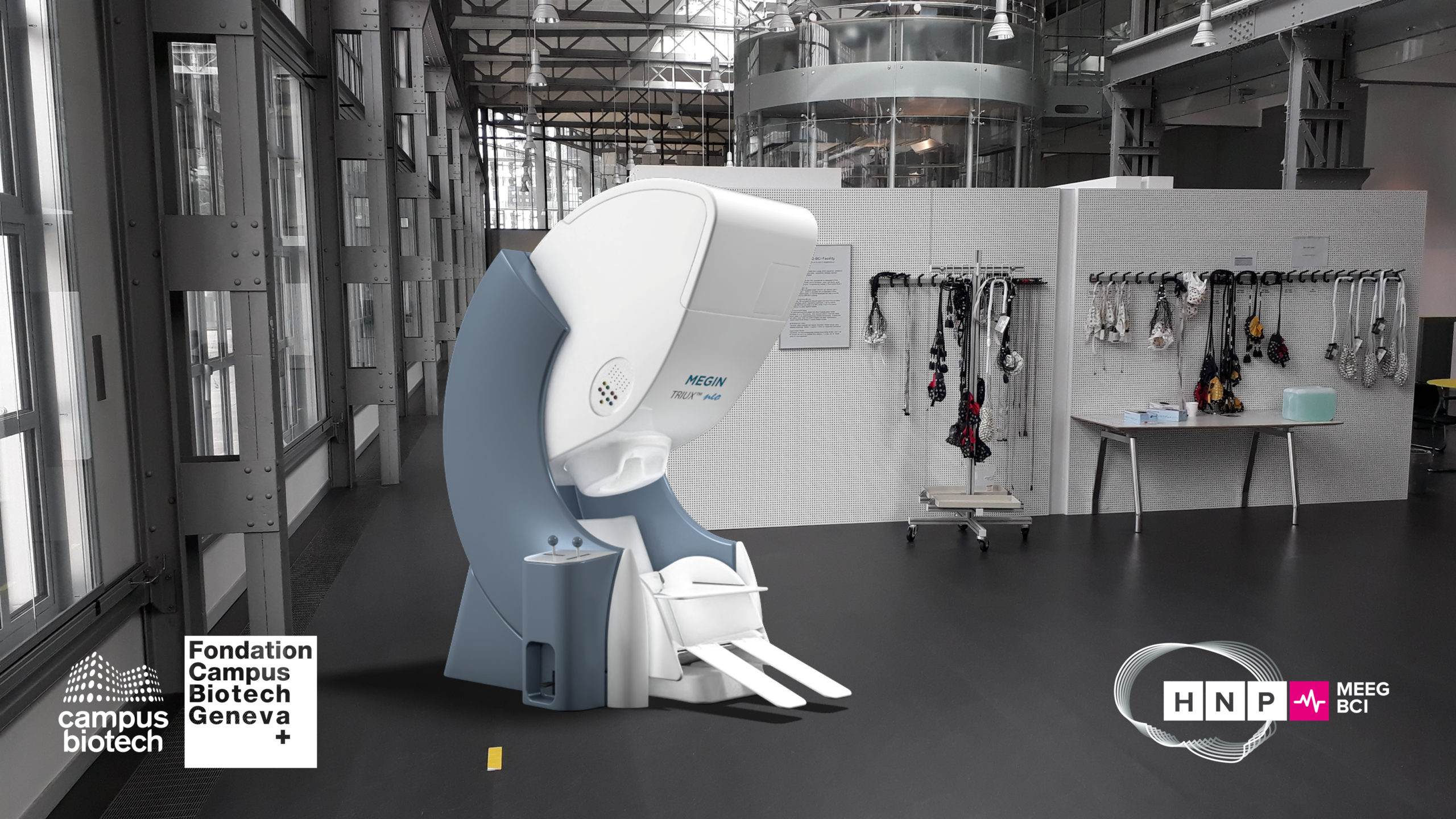
Qu’est-ce que le nouveau MEG va apporter au bâtiment ?
En prélude à l’arrivée à Campus Biotech du premier MEG en Suisse, la Plateforme Neurosciences Humaines nous livre quelques mots sur la manière dont le MEG va intégrer les plateformes existantes.
Qu’est-ce que la magnétoencéphalographie ?
Parler semble être un processus facile, qui fonctionne presque tout seul. Et pourtant, notre cerveau est très actif lorsque nous parlons. Mais comment fonctionne-t-il ? En 2022, une #magnétoencéphalographie MEGIN rejoindra la plateforme de neurosciences humaines du Campus Biotech. Et pour la première fois en Suisse, les chercheurs en MEG verront ce qui se passe dans le cerveau au moment même où cela se passe.
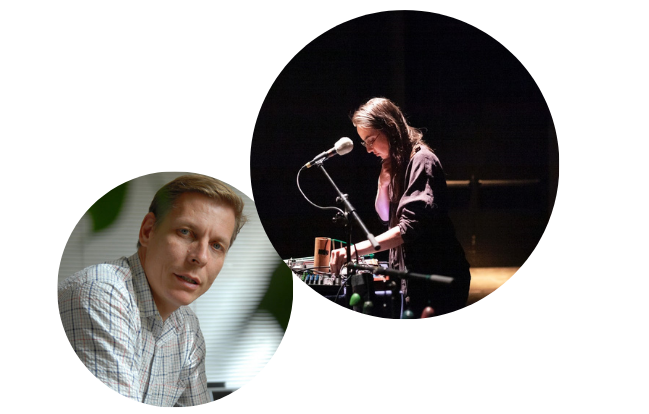
Art-science project with Julie Semoroz
Born from the collaboration with the Flux Laboratory and Prof Didier Grandjean from CISA, UNIGE – NCCR Evolving Language, DOUZE MILLE VINGT refers to the internal perception of sound and acts on the capacity to feel the internal physiological activity as indicators of emotions, of the body state.

We stand in solidarity
Some of our researchers have personal links to Ukraine and our thoughts are with you. Like many others around the world, we stand together in unity against aggression and violence, and in favour of peace, respect and our common humanity.
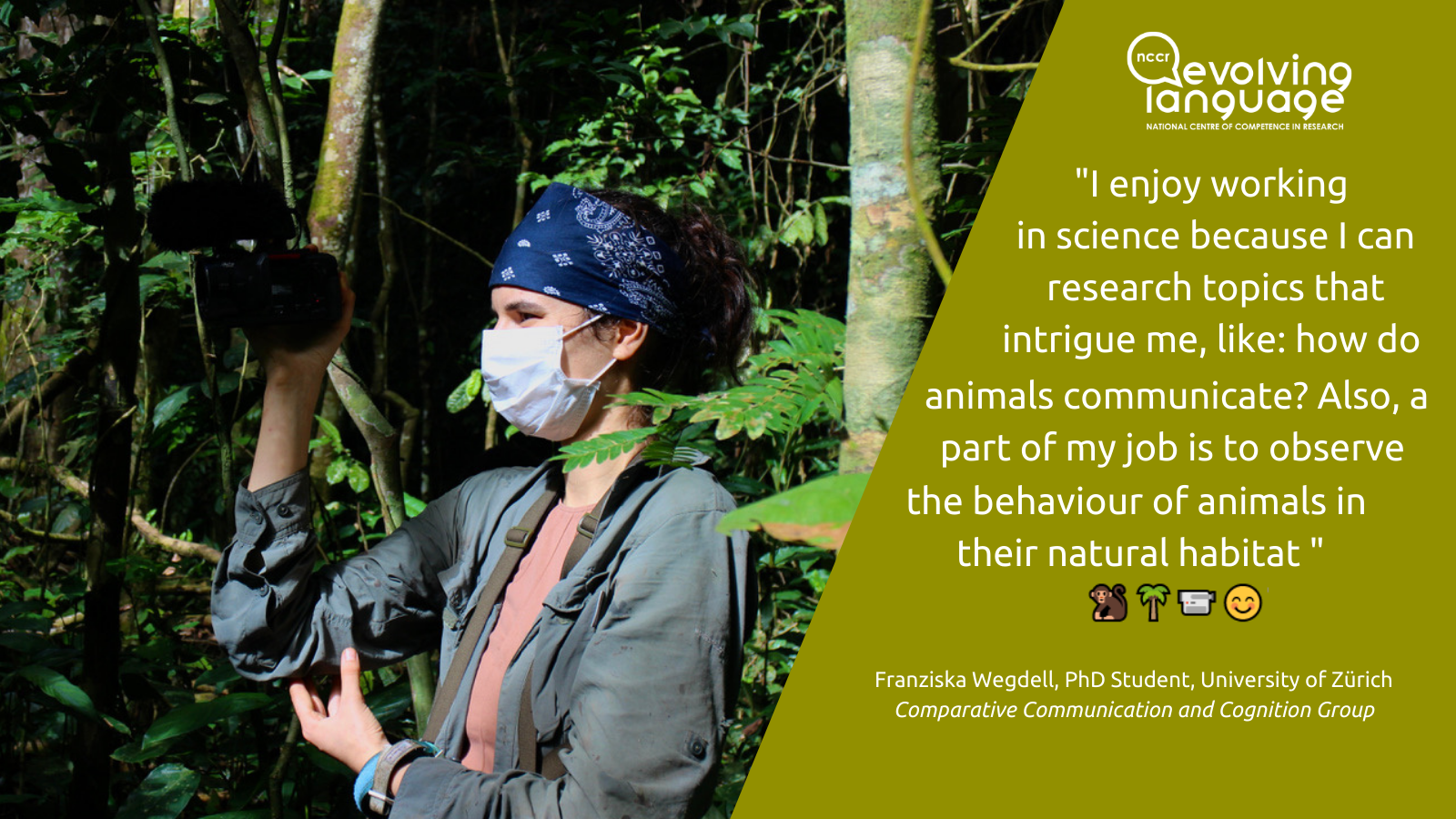
11.02.2022 : Journée des femmes de science
Pour le #WomeninScienceDay #IDWGS2022 nous sommes heureux de partager avec vous trois témoignages de nos chercheuses de l’Université de Zurich Franziska Wegdell, Nicole Tamer & Chiara Barbieri !
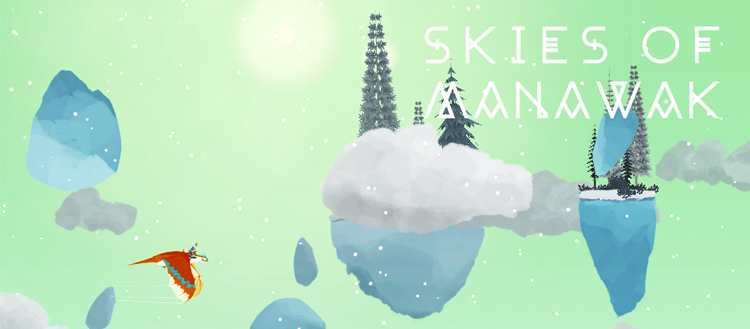
Améliorer les compétences en lecture grâce aux jeux vidéo d’action
Et si les jeux vidéo, au lieu d’être un obstacle à l’alphabétisation, pouvaient en fait aider les enfants à améliorer leurs capacités de lecture ? Une équipe de l’Université de Genève (UNIGE) s’est associée à des scientifiques de l’Université de Trento en Italie pour tester un jeu vidéo d’action destiné aux enfants, qui permettrait d’améliorer les compétences en lecture. Les résultats, publiés […]
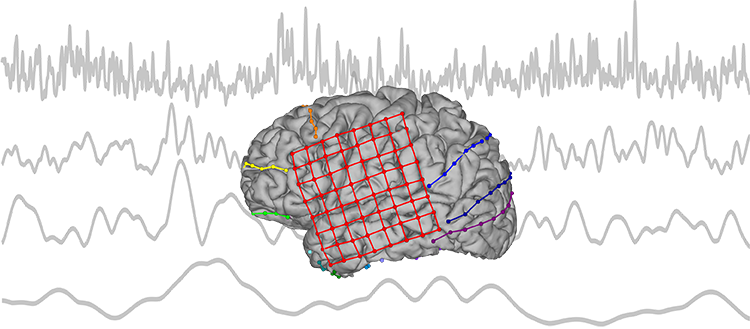
Décoder le langage intérieur pour traiter les troubles de la parole
Et s’il était possible de décoder le langage interne des individus privés de la possibilité de s’exprimer ? C’est l’objectif d’une équipe de neuroscientifiques de l’Université de Genève (UNIGE) et des Hôpitaux universitaires de Genève (HUG).
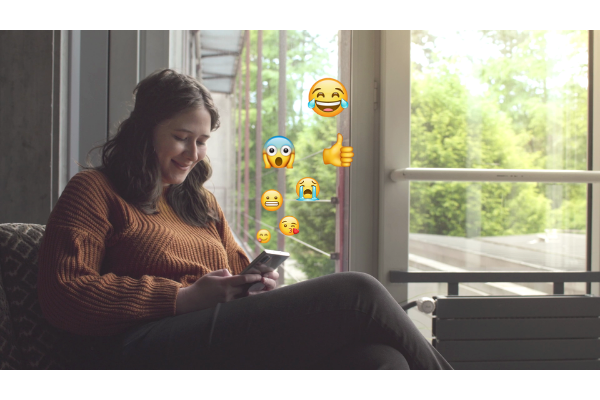
When our emotions go digital
Researchers from the University of Lausanne and the EPFL are calling on the Swiss population to annotate emojis. The study aims to unravel the way in which we share our emotions via instant messaging. This is an innovative research topic that is particularly interesting for the preservation of Switzerland’s linguistic heritage.
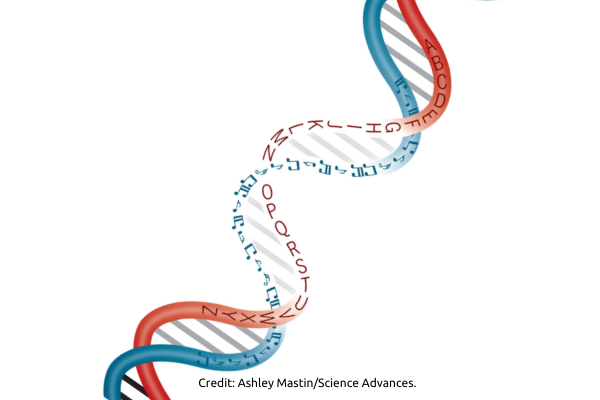
Les langues et les gènes partagent-ils l’histoire de l’évolution culturelle ? – Un article de Sciences Advances
Sciences Advances a écrit un article focal présentant l’étude avec les membres du PRN Peter Ranacher, Balthasar Bickel, Ken Shimizu et une équipe internationale plus large. Il s’agit du 5ème article focus en 2021 (et du seul article non-biomédical), ce qui souligne son importance.

Rate emojis and take part in a scientific research!
Since the advent of digital communication, emojis have become increasingly popular. But what do they mean? How and in what context are they used? In order to answer these questions, an interdisciplinary team from the University of Lausanne and the EPFL has launched ACCOMOJI, a project that investigates WhatsApp conversations in Switzerland.
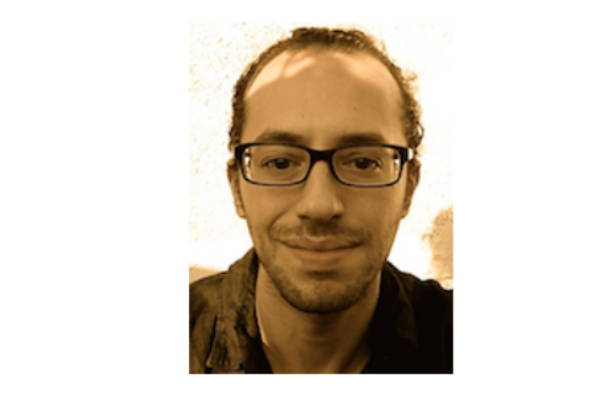
New SNSF Project on Native Accents in Infant’s cries
Prof. Dr. Alexis Hervais-Adelman, Associate Investigator for the NCCR Evolving Language, has been awarded a SNSF grant for his project on Native Accents in Infants’ Cries.
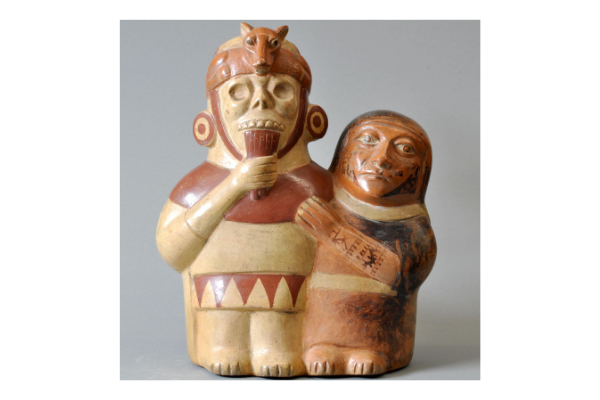
South American Musical Instruments Reflect Population Relationships
A new study led by researchers at the University of Zurich provides the first systematic review of musical instrument diversity in the archaeological and ethnographic history of the continent, suggesting cultural contact over long geographic distances, and cases of recent extinction. These findings bring a new piece to the puzzle of human history that combines the movement of populations, cultural characteristics and the evolutionary history of languages.

International Symposium Announcement, Zurich, Sept. 29-30
the Swiss National Competence Center in Research ‘Evolving Language’ is happy to announce a special symposium on The Molecular Anthropology of Language: Results and Prospects. This two-day event held at the University of Zurich from 29-30 September 2021 will bring together both established and emerging leaders in this burgeoning field.
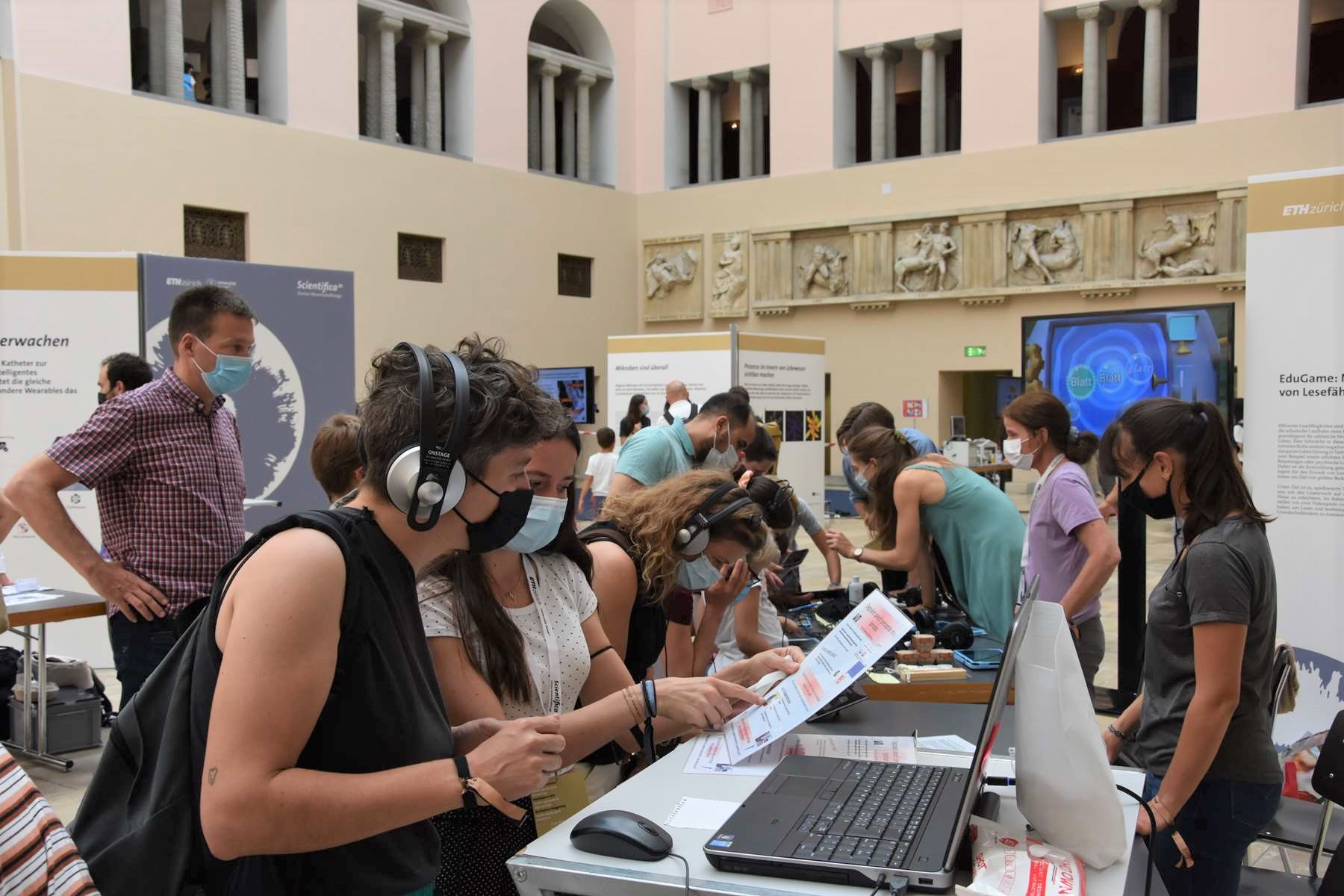
Scientifica 2021 – When researchers meet the public
The NCCR Evolving Language community took actively part in Scientifica, the science festival held by the University of Zurich and ETH Zurich on September 4-5.
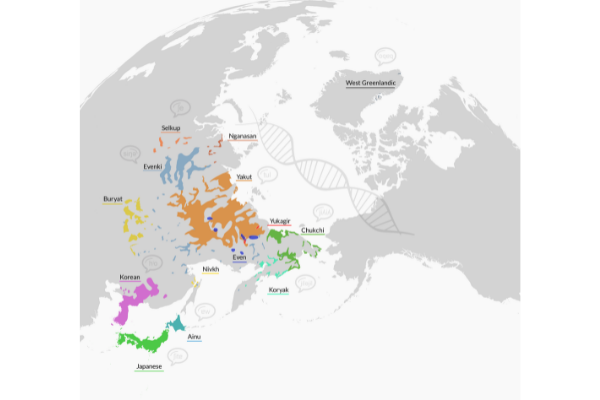
What If Our History Was Written In Our Grammar?
Humans have been always on the move, creating a complex history of languages and cultural traditions dispersed over the globe. An international team under UZH’s lead has now traced families of related languages over more than 10,000 years by combining data from genetics, linguistics and musicology using novel digital methods. Their findings: grammar reflects best the common prehistory of a population and therefore mirrors genetics more than any other cultural feature.
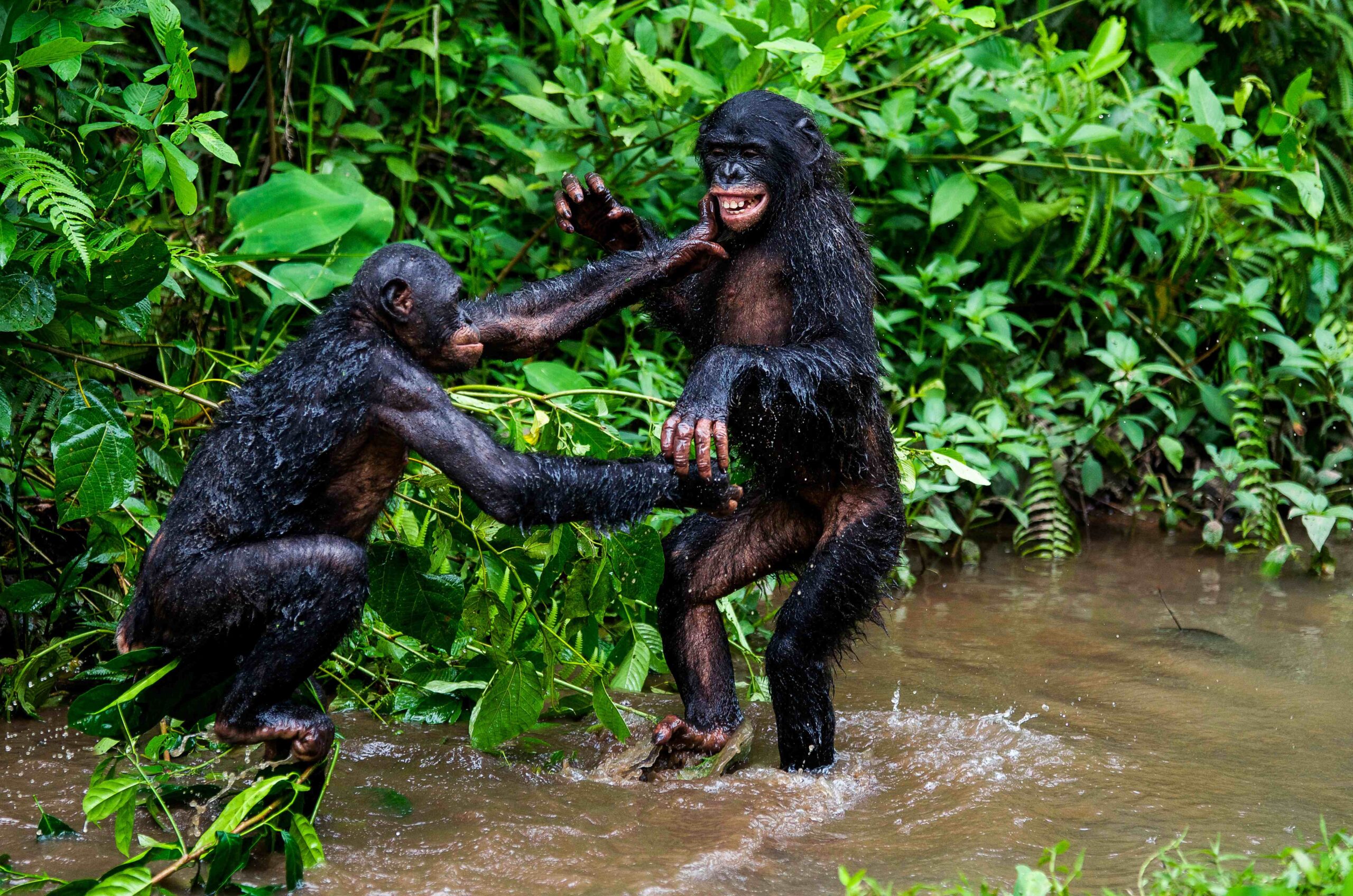
Like humans, apes communicate to start and end social interactions
Apes use specific gestures to start and end social interaction. A behavior not seen outside of the human species until now, report scientists from the Universities of Neuchâtel (UniNE) and Durham (UK). They also found that the social and power dynamics between the interacting apes affected the communication efforts used, which the researchers say mirrors patterns similar to human politeness. The findings are published today in the journal iScience.

Paul Widmer (UZH) has been appointed full professor
Our PI Paul Widmer has been appointed Full Professor of Comparative Indo-European Linguistics at the University of Zurich, Department of Comparative Language Science. Congratulations to him!
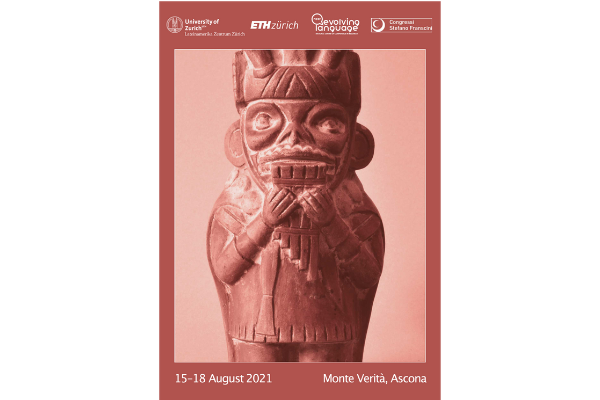
The South American Ethnosphere: Human diversity in time and space
A workshop sponsored by the platform Congressi Stefano Franscini (ETH) and the Latin American Center Zurich to promote exchanges and conversations on the state of the art research on human diversity and landscape impacts in South America. Participants include experts from different fields such as archaeology, history, anthropology, linguistics, genetics, botanic.
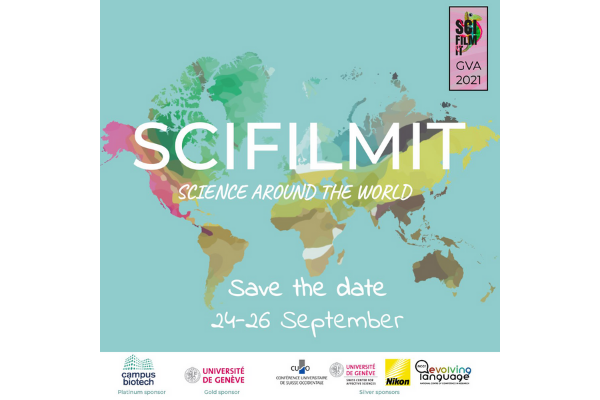
SciFilmIt: create a movie in 72 hours!
Are you eager to learn about science communication and storytelling? Do you want to create a short film about your research under the mentorship of experts and present it in a cinema? Here’s the opportunity! We’re very happy to tell you that we’ve partnered up with the association SciFilmIt, which aims at bridging the gap between science and emotion through film.
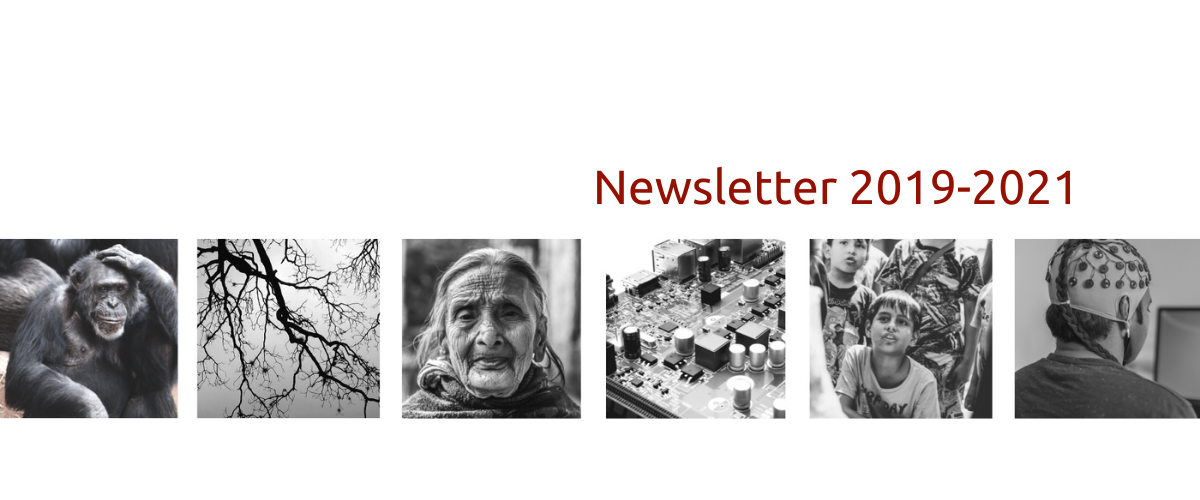
Cracking language mystery for over a year!
It has been over a year since the launch of the NCCR. We are very proud of what we have accomplished during the past months.
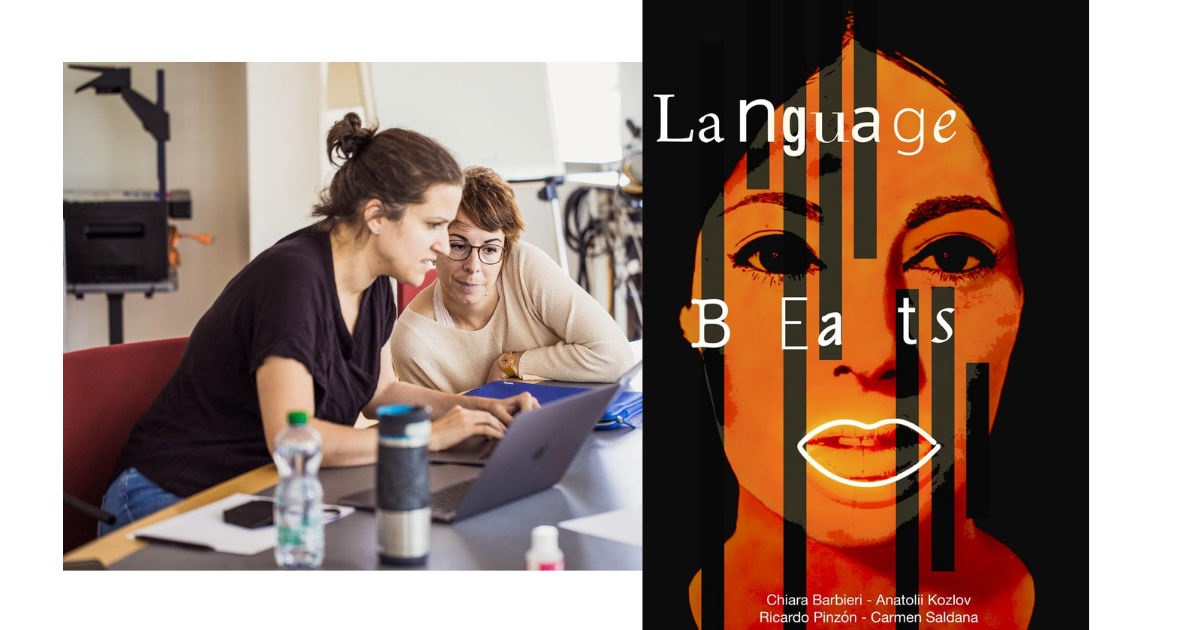
Movie hackathon: a film on Language in 72 hours
We’re very happy that Carmen Saldana and Chiara Barbieri agreed to participate in the SciFilmIt Hackathons and created a movie on language.
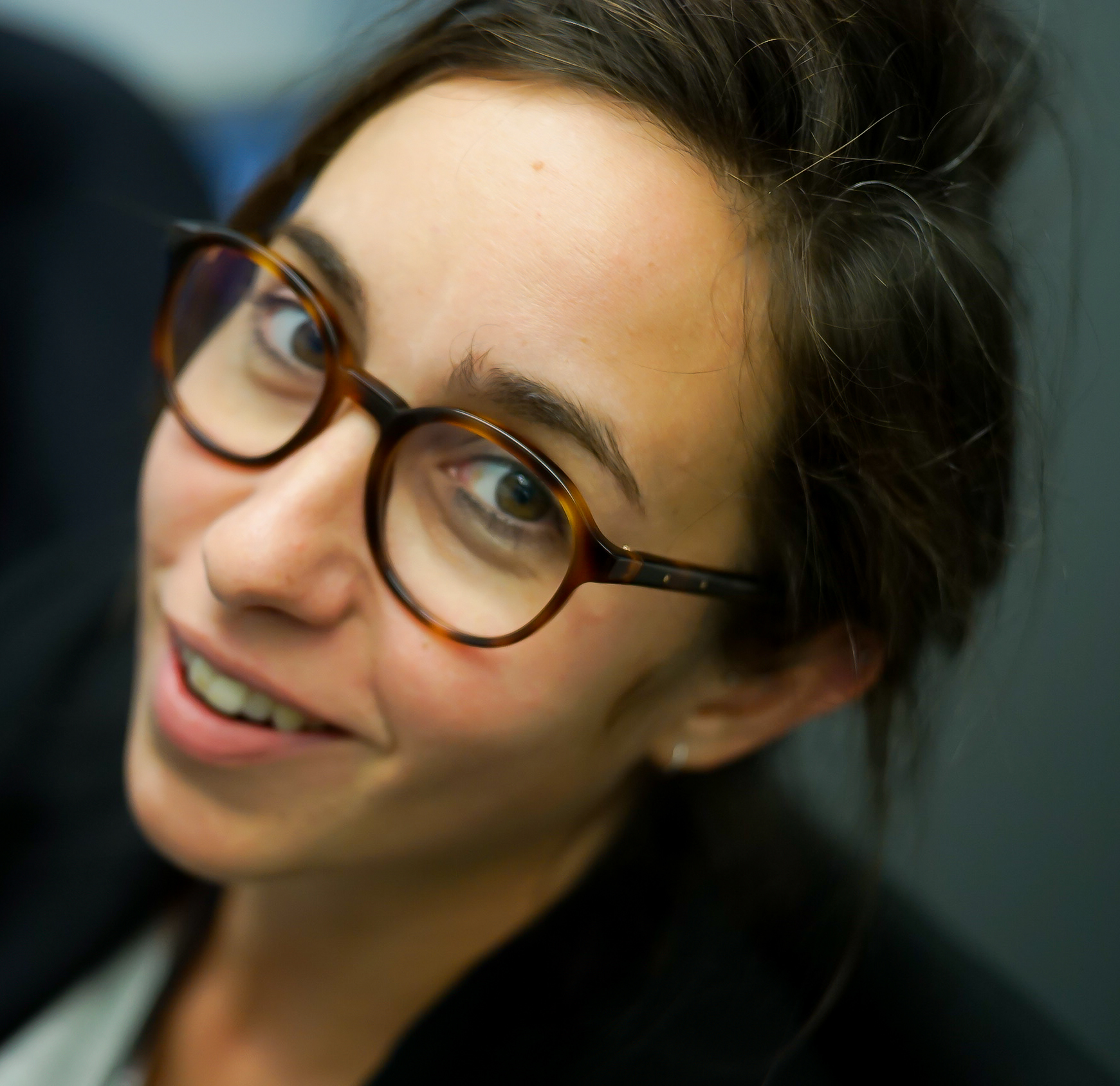
Dr. Silvia Marchesotti was awarded by the Swiss Dyslexia Association
Silvia Marchesotti received the Swiss Dyslexia Association Research Award 2021 for her work “Selective enhancement of low-gamma activity by tACS improves phonemic processing and reading accuracy in dyslexia”.

Special issue with our UZH collaborators
The UZH Magazine released a special dossier in collaboration with our colleagues from the University of Zurich. Language is our most powerful tool. It evolved along with our species over the millennia. The UZH-led NCCR Evolving Language aims to explore how exactly we developed our capacity for linguistic expression. We spoke with the researchers involved […]
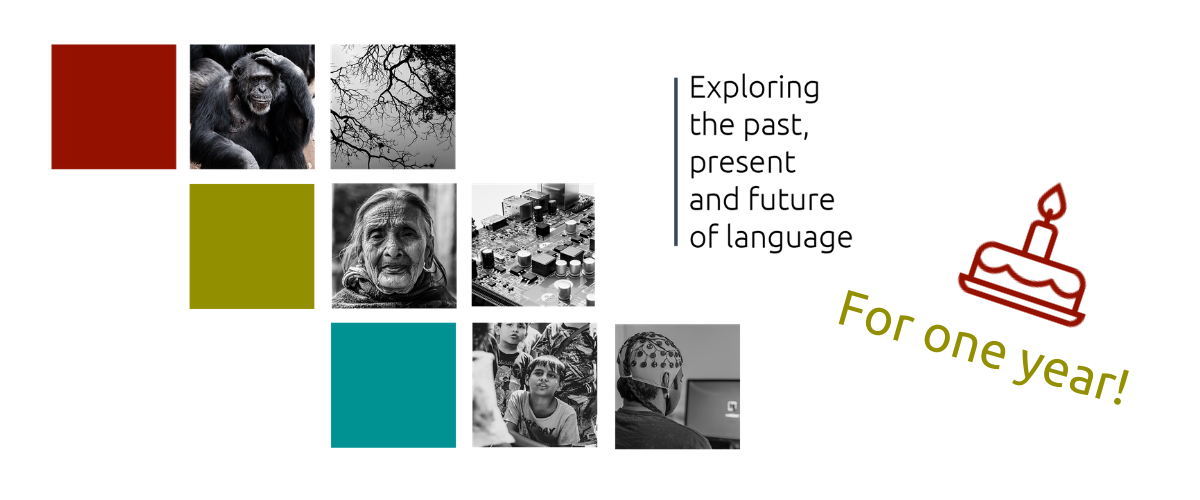
Happy Birthday, NCCR Evolving Language!
We celebrate one year of joint interdisciplinary research and outreach activities. Launching an NCCR during the global pandemic was not a piece of cake but we are proud of our achievements and we look forward to more exciting research in the years to come!

Diversity at the heart of Evolving Language
21 May is World Day for Cultural Diversity for Dialogue and Development. It is an opportunity to reflect on the values of cultural diversity and to learn how to better “live together”. Within the National Centre of Competence in Research (NCCR) Evolving Language, diversity is an essential pillar. As such, we are implementing measures to ensure full inclusion.
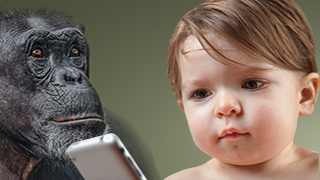
The ZNZ talks about us!
What makes our NCCR unique and how will it carry language research far into the future? Find it out in the latest issue of the Neuroscience Center Zurich (University of Zurich) newsletter! With our PIs Richard Hahnloser, Martin Meyer, Moritz Daum & Silvia Brem

Adrian Guggisberg has been appointed head of Neurorehabilitation at the University Hospital in Bern.
The management of the Insel Group has appointed Prof. Adrian Guggisberg, MD, as head of Neurorehabilitation at the University Hospital in Bern.
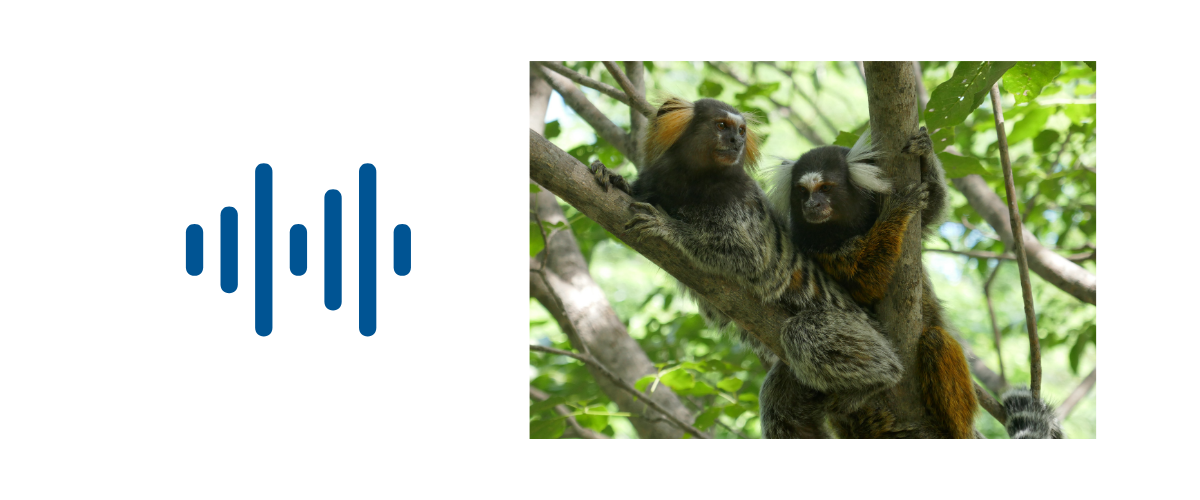
Marmoset Monkeys Eavesdrop On and Understand Conversations Between Other Marmosets
Marmoset monkeys perceive the vocal interactions between their conspecifics not just as a string of calls, but as coherent conversations. They also evaluate their content. These are the findings of a study by researchers at the University of Zurich which combined thermography methods with behavioral preference measures.
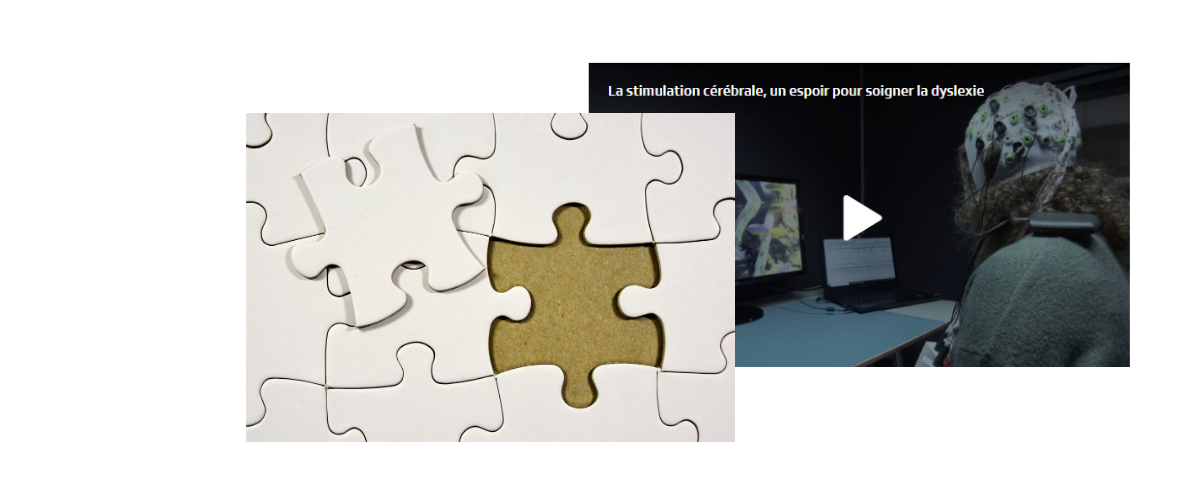
Additional information to the 19h30 RTS of Friday (04.02.21)
Following the report “Brain stimulation, a hope to cure dyslexia”, on February 4, 2021 at 7:30 p.m. of the RTS, the dyslexia team of the NCCR (National Center of Competence in Research)- Evolving Language, Profe Anne-Lise Giraud, Dr. Sylvia Marchesotti and Johanna Nicolle provided additional information on the study which can be found on the website of the Association Dyslexie Suisse romande.

Around 200 people attended our Online Information Event
Around 200 people joined us yesterday for our online information event! This was a great opportunity to officially introduce our NCCR to the community.
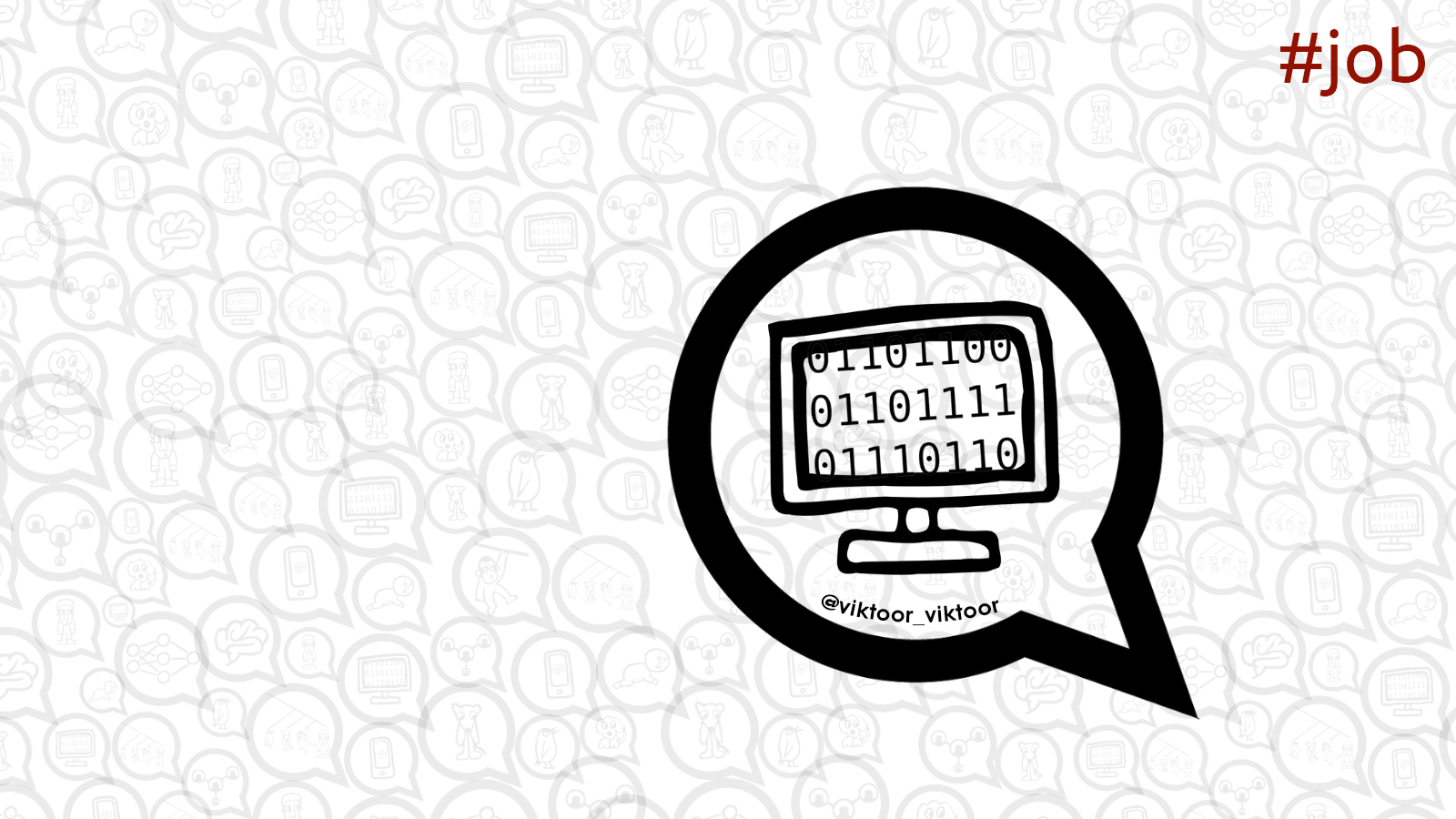

Bonobos are sensitive to joint commitments
Bonobos, when abruptly interrupted in a social activity with another bonobo, resume it, as soon as the interruption is over, with the same partner.
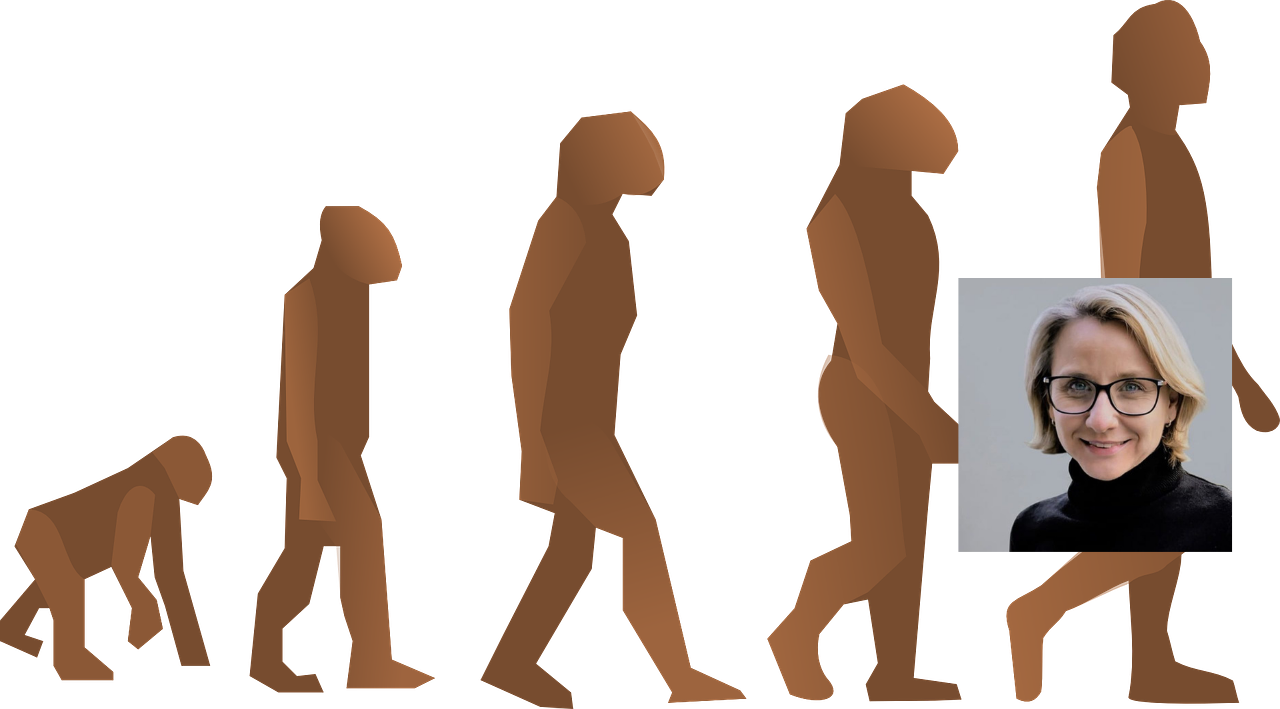
An ERC Consolidator Grant for Judith Burkart
Judith Burkart has been awarded an ERC Consolidator Grant for her research on interdependence between humans and apes during human evolution.

Online Information Event
We would like to invite you all to an online information event on January 22nd, 2021, 4-5 pm. We will present the project, explain our larger scientific vision and discuss our long-term plans. The presentation will be in English, followed by a Q&A session.
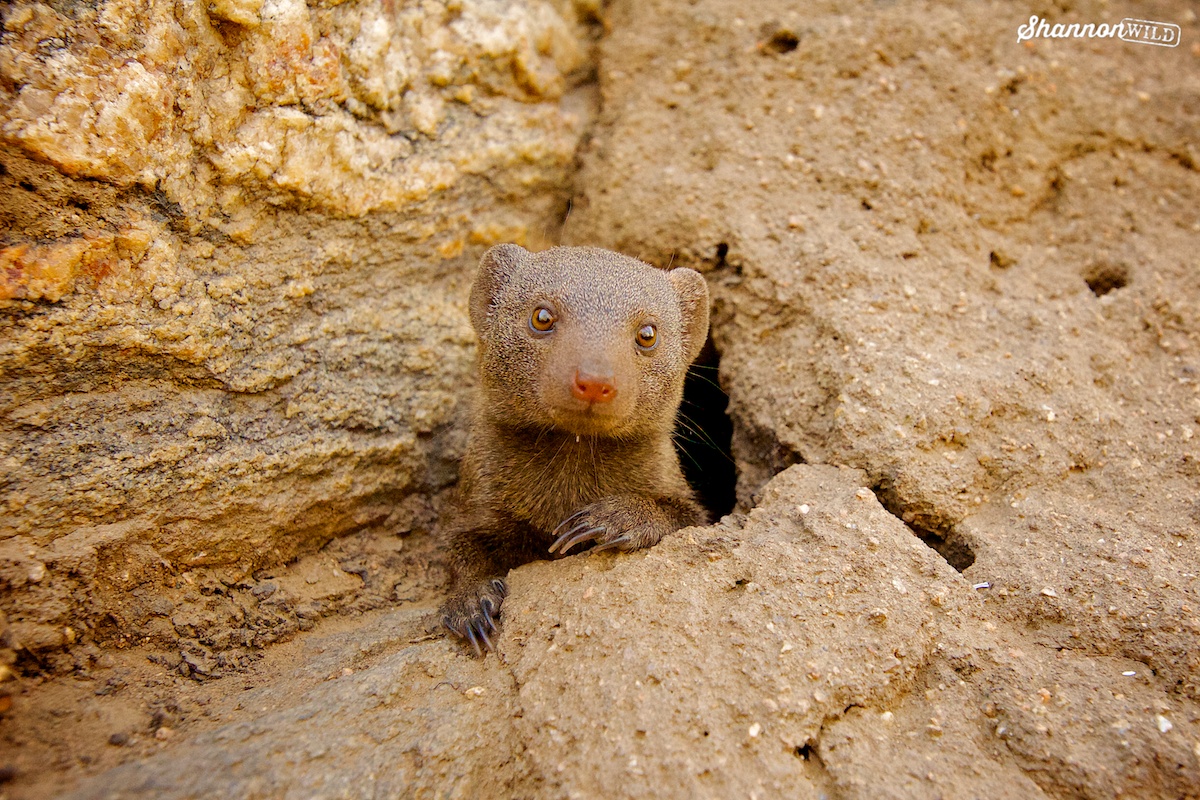
Dwarf mongooses may combine units in order to create new meanings
Dwarf mongooses seem to produce a complex call that may be a combination of distinct call units.
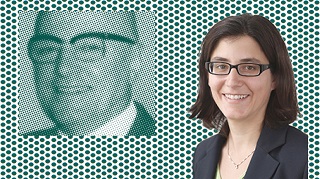
NCCR member Silvia Brem has been presented with the Georg Friedrich Götz Award
Cancer researcher and physician Steffen Böttcher from the Universitätsspital Zürich and neuroscientist Silvia Brem have been presented with the Georg Friedrich Götz Award for their outstanding contributions in the field of medical research.
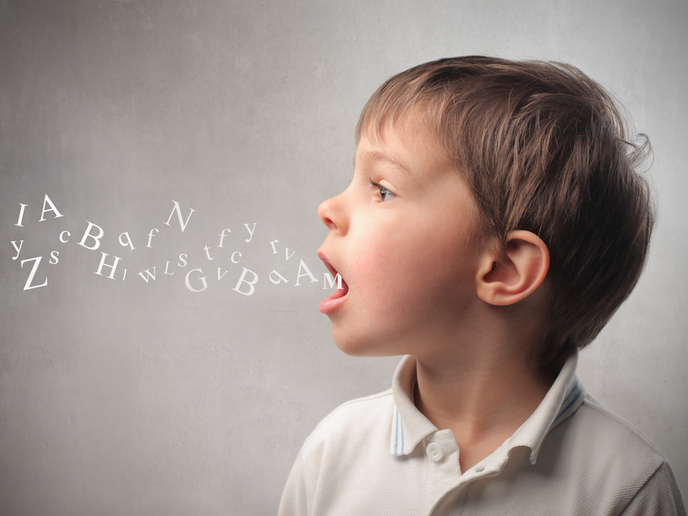
NCCR PI Sabine Stoll’s results in the latest Research*eu magazine
ERC Research from our PI and director of ISLE, Sabine Stoll, was presented in the latest Research*eu magazine: ‘How children learn how to speak: a cross-language investigation’.
Martin Volk joins management board of COST Action
NCCR PI Martin Volk joined the management board of the COST Action Language In The Human-Machine Era. This COST Action aims at preparing linguistics and its subdisciplines for the digital challenges of our times as well as at fostering the long-term dialogue between linguistics and technology developers.
NCCR officially started
The NCCR Evolving Language officially started on June 1, 2020. An official inauguration event will be held in fall at the University of Zurich. Date and location will be communicated in due course.
NCCR starting date postponed
Baring possible further decisions by the SERI or the SNSF, the starting date of the NCCR has been postponed to June 1, 2020 due to the ongoing COVID-19 epidemic. The earliest timepoint for hiring scientific staff is one month after the start date. Since this is just before the summer break, most projects will take […]
